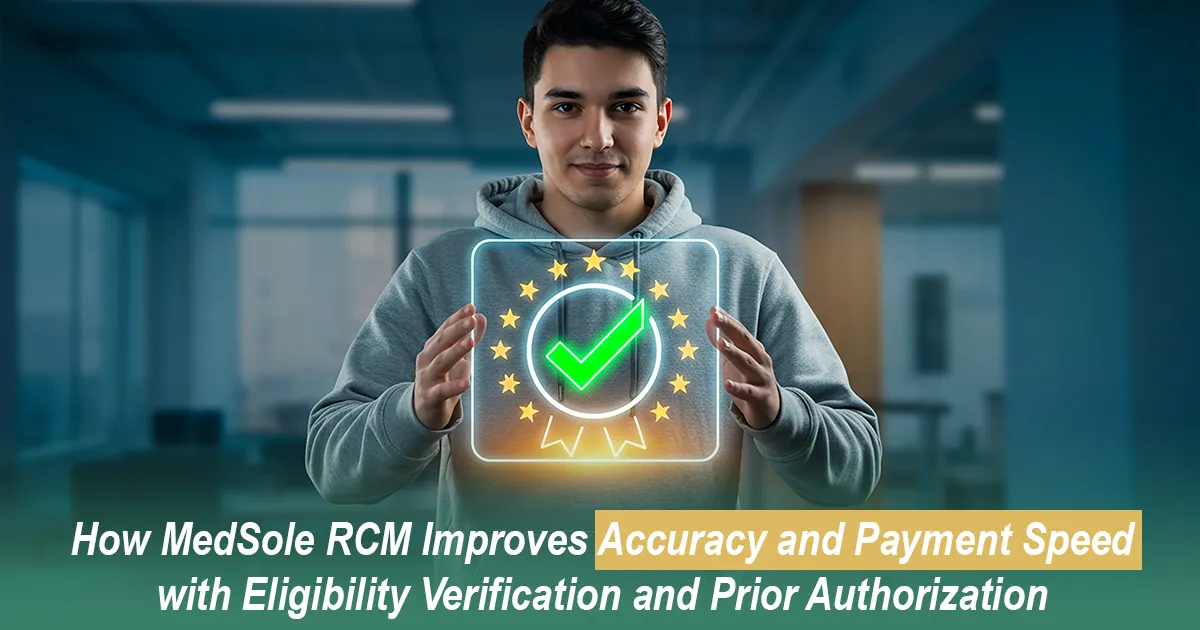
Posted By: Medsole RCM
Posted Date: Aug 11, 2025
In the medical billing industry, two processes are very important directly impacting the provider’s cash flow: eligibility verification and prior authorization. These steps, when handled properly and efficiently, then the services are billable and covered effectively, and then ultimately healthcare providers receive payment without any delay.
MedSole RCM is expert in managing these processes so healthcare providers can focus on patient care rather than administrative issues. By combining efficient insurance eligibility verification with a clear RCM prior authorization workflow, we help in reduces claim rejections and increase reimbursements.
Eligibility verification confirms about the active status of patient’s insurance plan, it covers the intended service or not, and check about the cost-sharing responsibilities before the appointment.
Insurance eligibility verification protects providers from unpaid claims by identifying issues before services are delivered. If overlooked, providers risk delivering care that will never be reimbursed.
Prior authorization is the process of getting payer approval before performing certain services or procedures. Many payers require this step for expensive tests, surgeries, or brand-name medications. Study the prior authorization and pre-claim review initiatives.
With a structured RCM prior authorization workflow, providers can prevent the all-too-common scenario where claims are denied for “lack of prior authorization.”
Even experienced billing teams face challenges such as:
MedSole RCM addresses these challenges through consistent training, payer-specific knowledge, and the use of technology to track insurance eligibility verification and manage the RCM prior authorization workflow in real time.
Our process for eligibility verification and prior authorization starts with accurate data capture and ends with real-time confirmation from the payer.
This proactive insurance eligibility verification step prevents the cancellations at end moment and increase patient satisfaction by avoiding surprise bills.
An effective RCM prior authorization workflow ensures that authorization requests are submitted correctly, tracked, and approved before service delivery.
When RCM prior authorization workflow is done right, providers experience fewer claim delays and better payer relationships.
Eligibility verification and prior authorization directly impact the revenue cycle. Missing either step can cause claim rejections, delayed payments, or complete nonpayment.
By integrating insurance eligibility verification and a well-organized RCM prior authorization workflow in daily operations, MedSole RCM increase payment cycles and boosts the revenue.
Modern billing systems helps in real-time eligibility checks and authorization tracking. This means less phone calls, less manual errors, and faster turnaround times.
Insurance eligibility verification systems track inactive policies immediately, while RCM prior authorization workflow software tracks every pending request, ensuring no pending cases.
A provider with strong eligibility verification and prior authorization systems enjoys:
If insurance eligibility verification or prior authorization not handled properly, it can cause:
A strong RCM prior authorization workflow combined with thorough eligibility checks minimizes these risks.
As payers adopt AI-based claim review and automation, insurance eligibility verification and RCM prior authorization workflow will become even more technology-driven. Providers who adapt early will see fewer administrative delays and better payment consistency.
With years of experience in eligibility verification and prior authorization, MedSole RCM partners with healthcare providers to create seamless verification and approval processes. Contact our experts, our teams are trained in payer-specific requirements, and our systems are designed to handle high volumes without compromising accuracy.
It’s the process of confirming a patient’s insurance plan is active and covers the intended service before the appointment.
Many payers require it to ensure medical necessity and control healthcare costs before approving certain services.
In most cases, no payers require it beforehand, or they will deny the claim.
It ensures all necessary steps are followed, reducing errors and delays.
No, but many do for certain services, and requirements vary by plan.
Typically the provider’s front-office staff or the billing company.
It can lead to full claim denial and lost revenue.
By combining skilled staff, payer-specific knowledge, and technology-driven tools for accuracy and speed.
Get quick highlights instantly
Recent Blogs
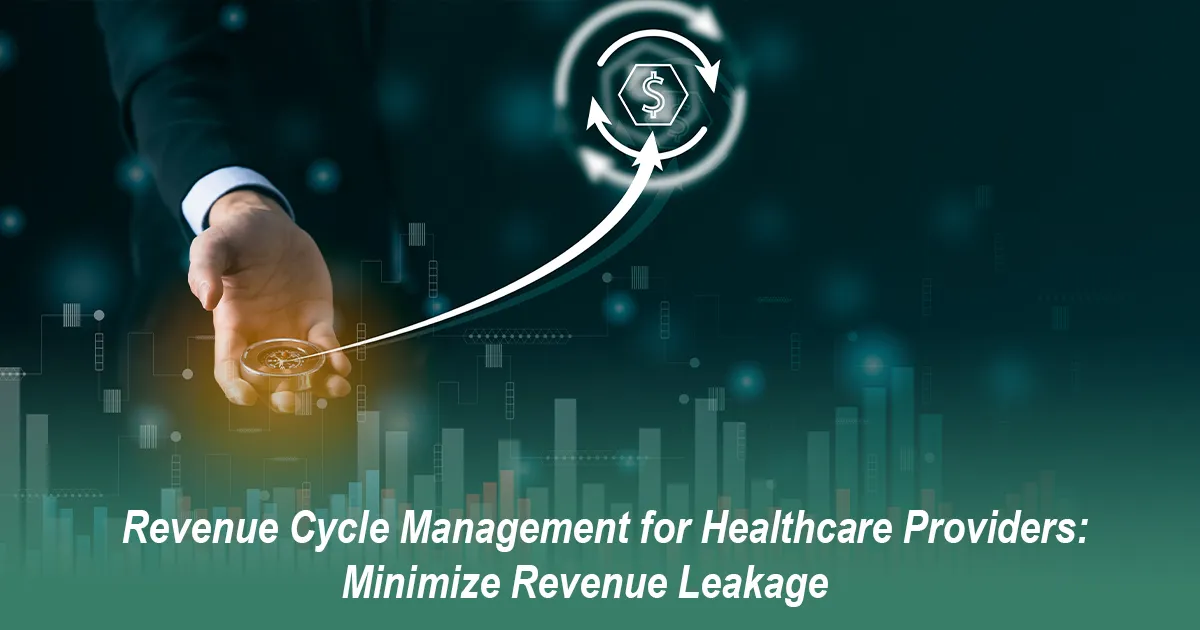
Posted Date: Jun 24, 2025
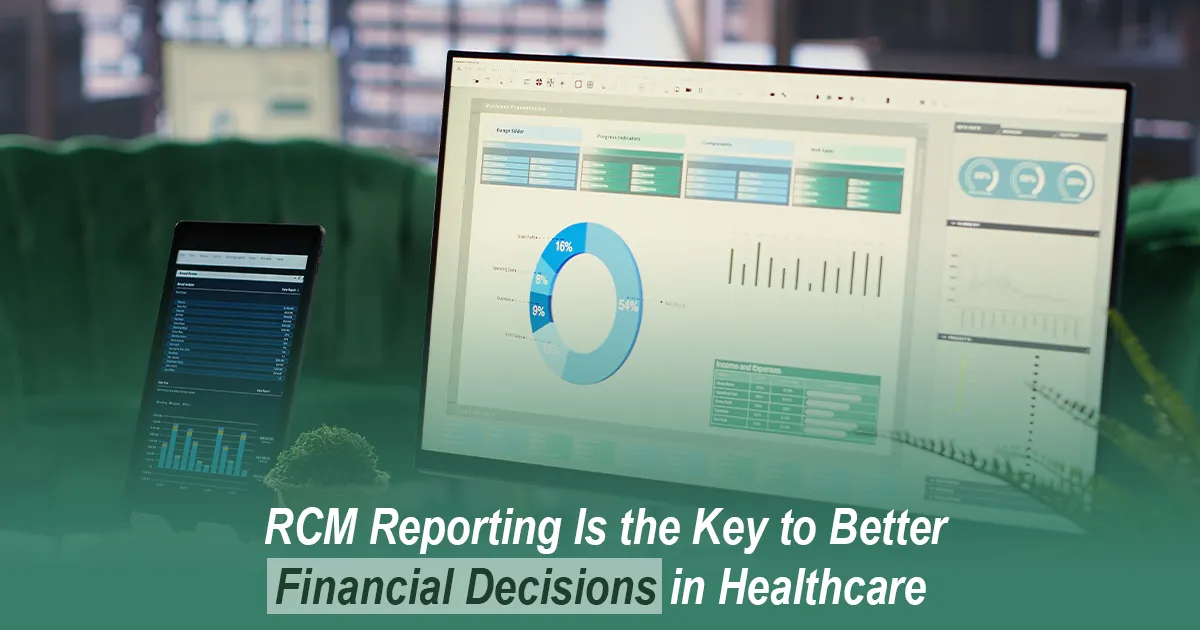
Posted Date: Jun 26, 2025

Posted Date: Jun 28, 2025
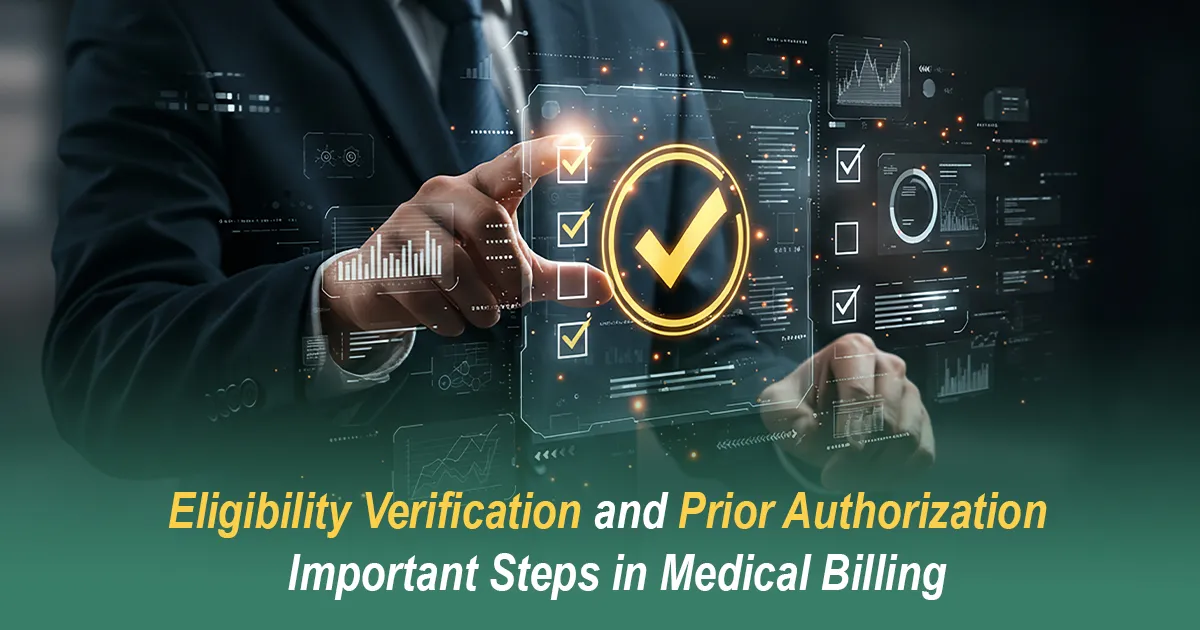
Posted Date: Jun 30, 2025

Posted Date: Jul 02, 2025
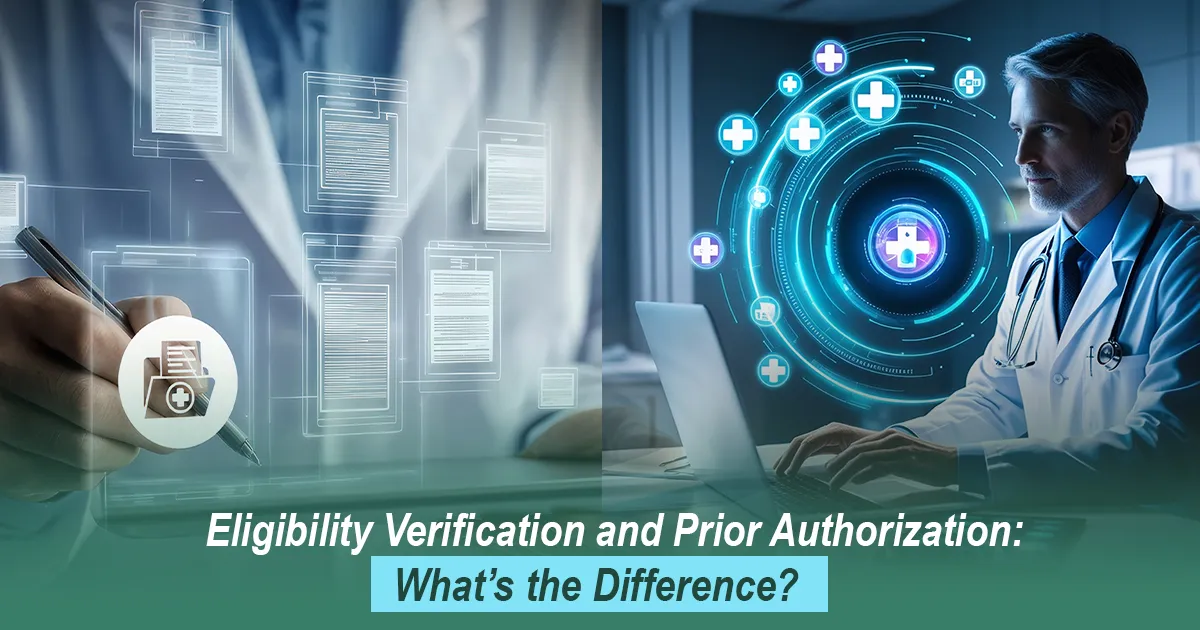
Posted Date: Jul 04, 2025
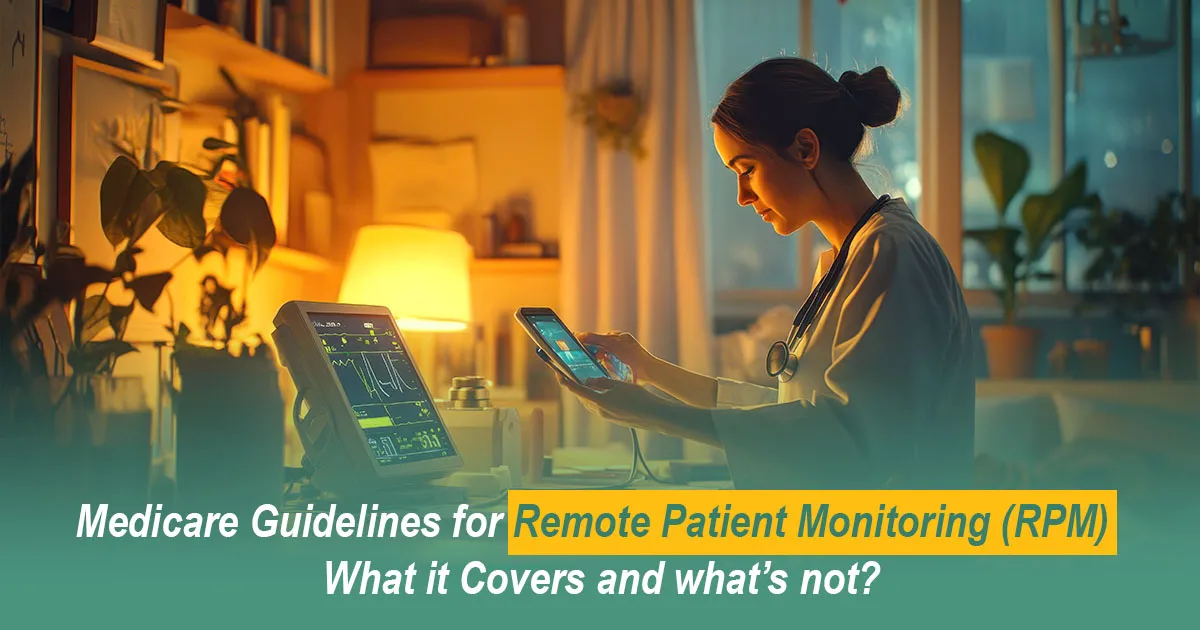
Posted Date: Jul 07, 2025
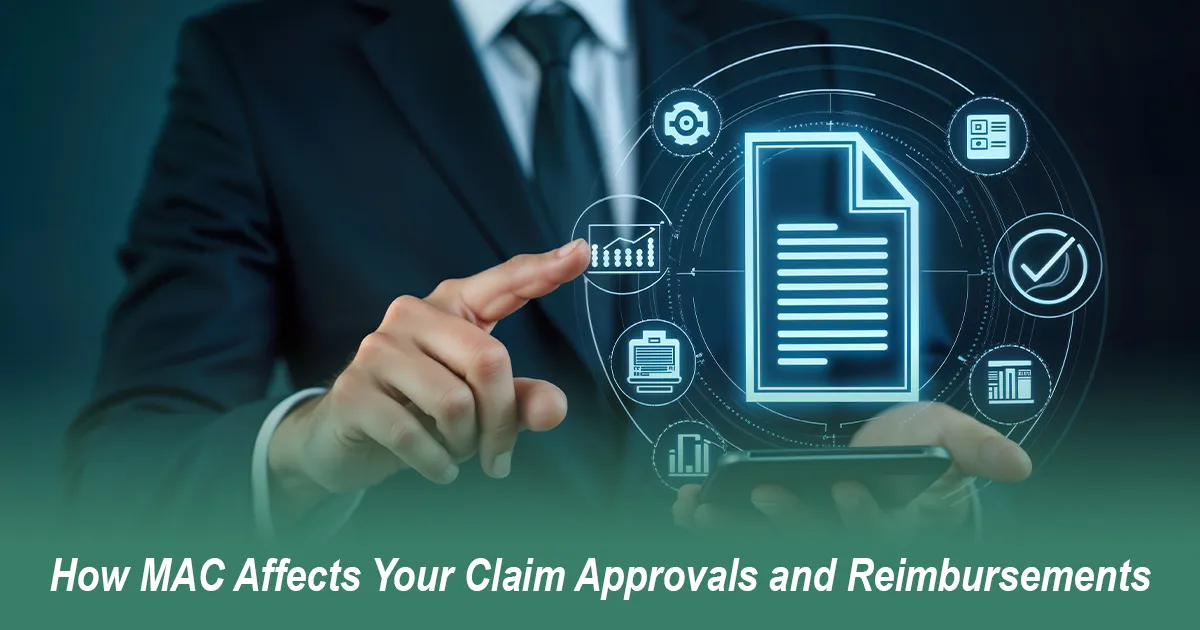
Posted Date: Jul 09, 2025

Posted Date: Jul 11, 2025

Posted Date: Jul 14, 2025

Posted Date: Jul 16, 2025

Posted Date: Jul 18, 2025
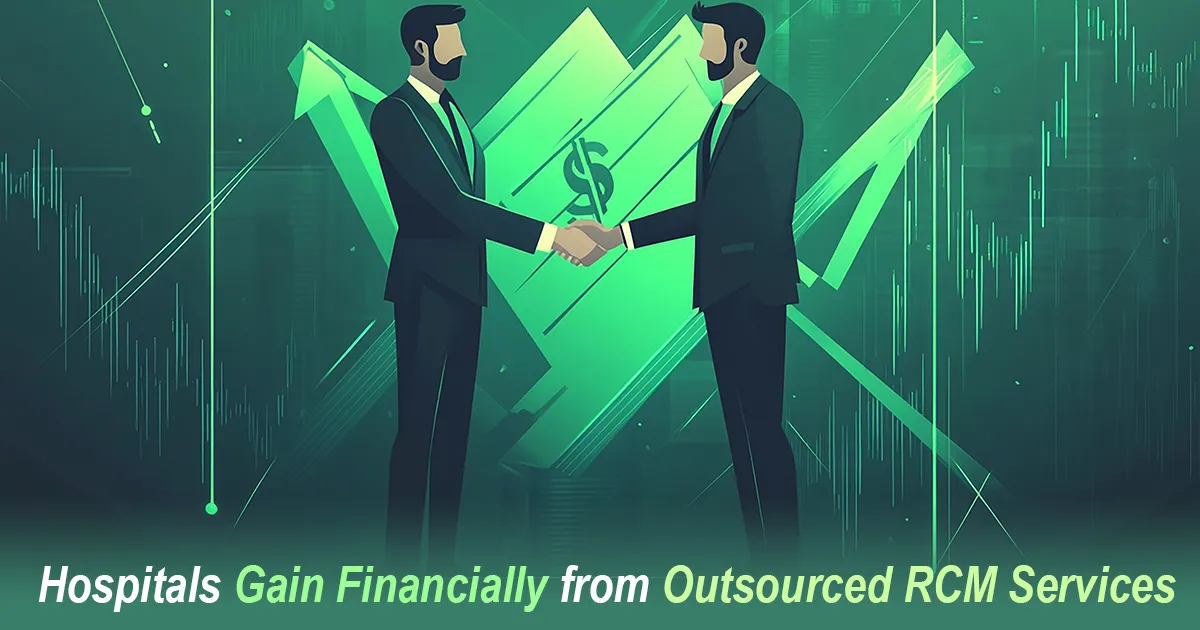
Posted Date: Jul 22, 2025
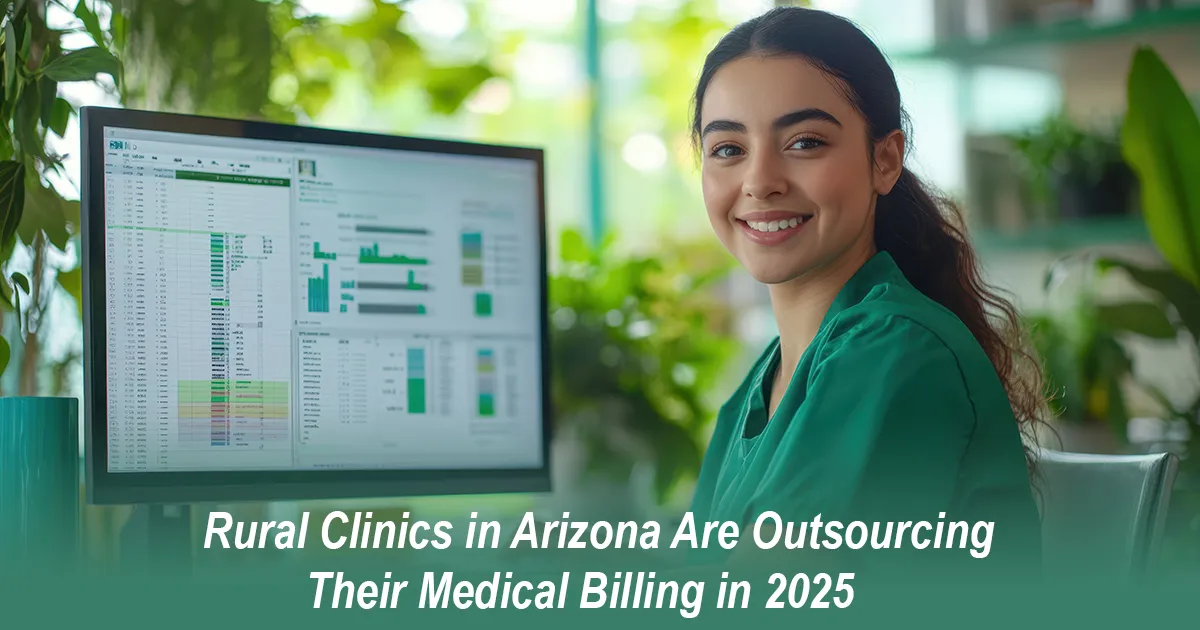
Posted Date: Jul 23, 2025
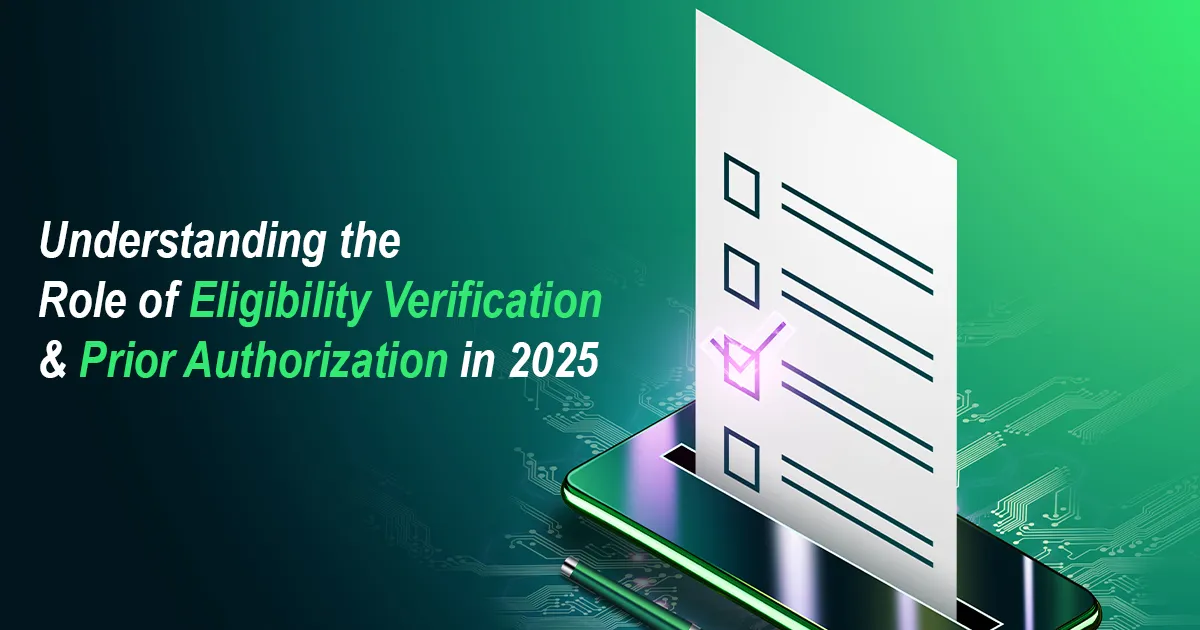
Posted Date: Jul 25, 2025

Posted Date: Jul 28, 2025

Posted Date: Aug 01, 2025

Posted Date: Aug 04, 2025

Posted Date: Aug 06, 2025
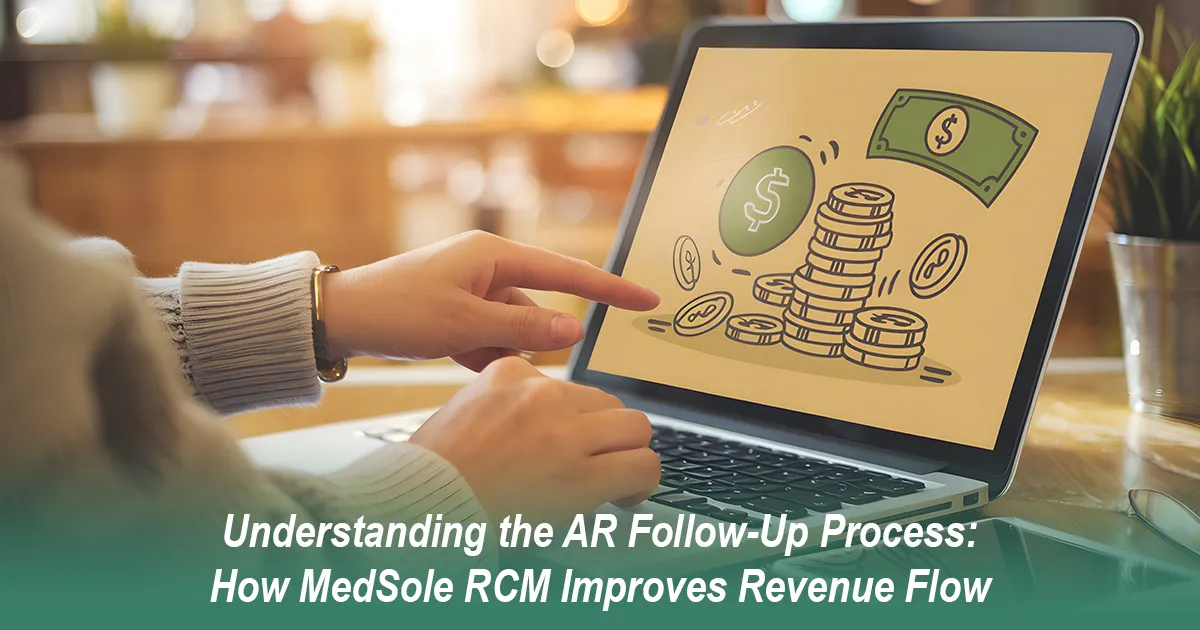
Posted Date: Aug 08, 2025

Posted Date: Aug 11, 2025
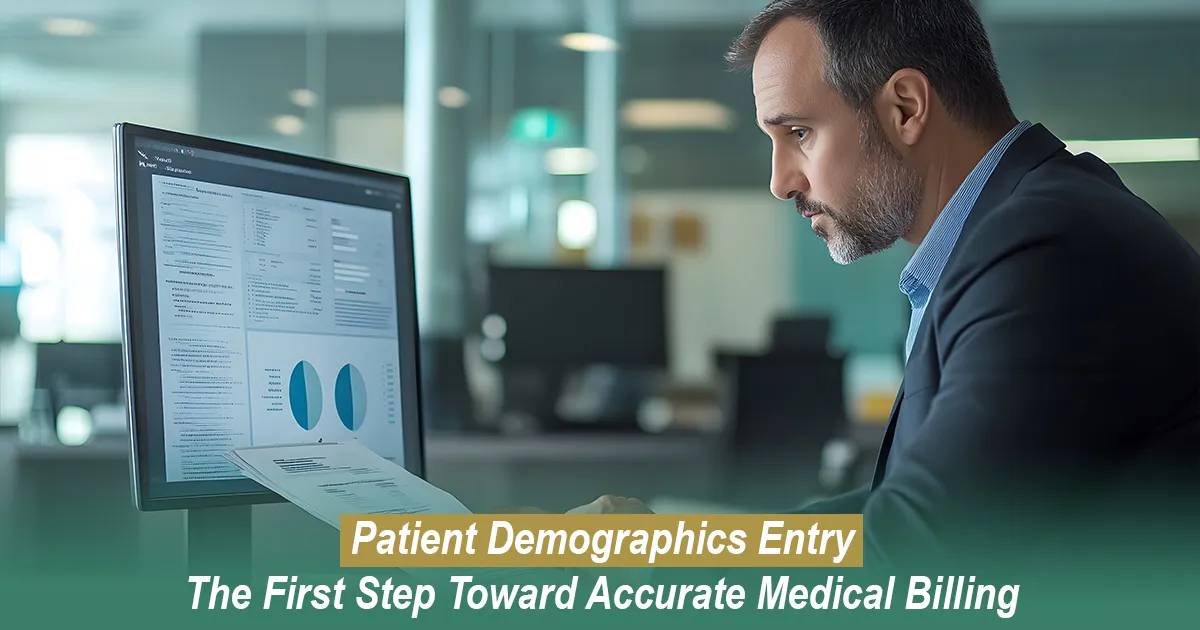
Posted Date: Aug 14, 2025

Posted Date: Aug 18, 2025
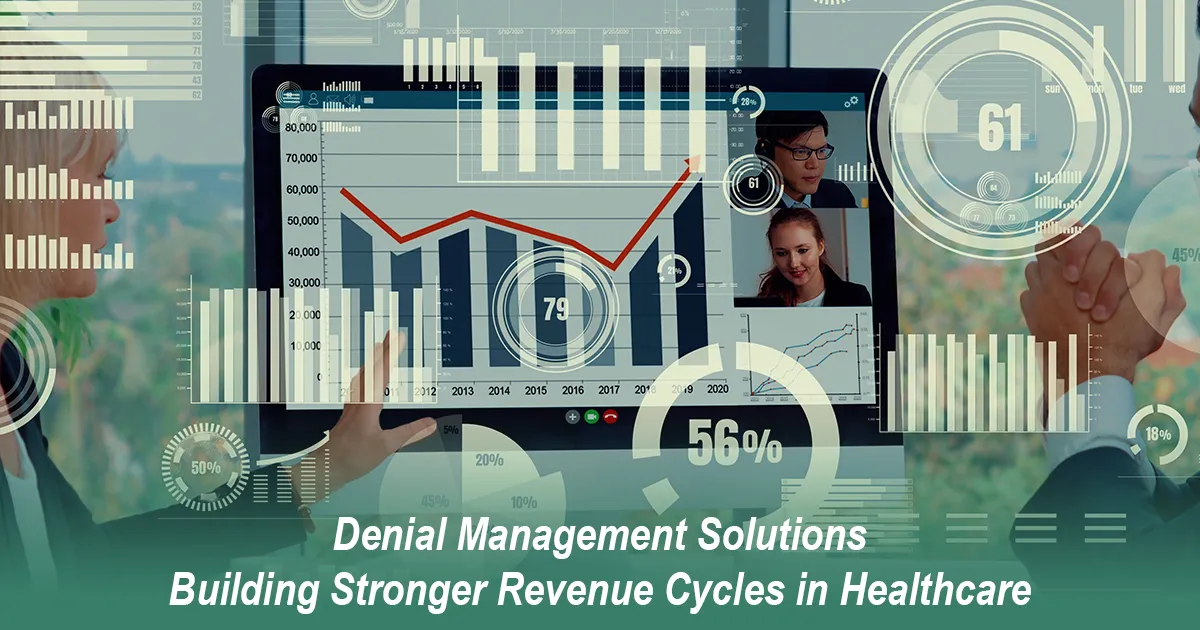
Posted Date: Aug 20, 2025
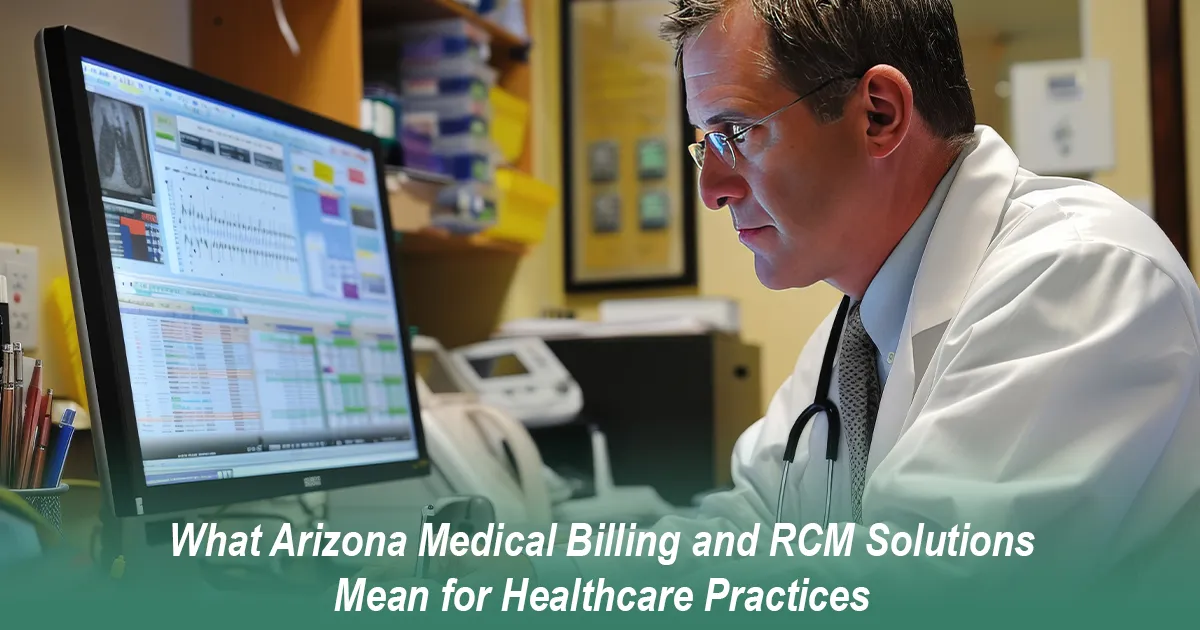
Posted Date: Aug 25, 2025

Posted Date: Aug 27, 2025
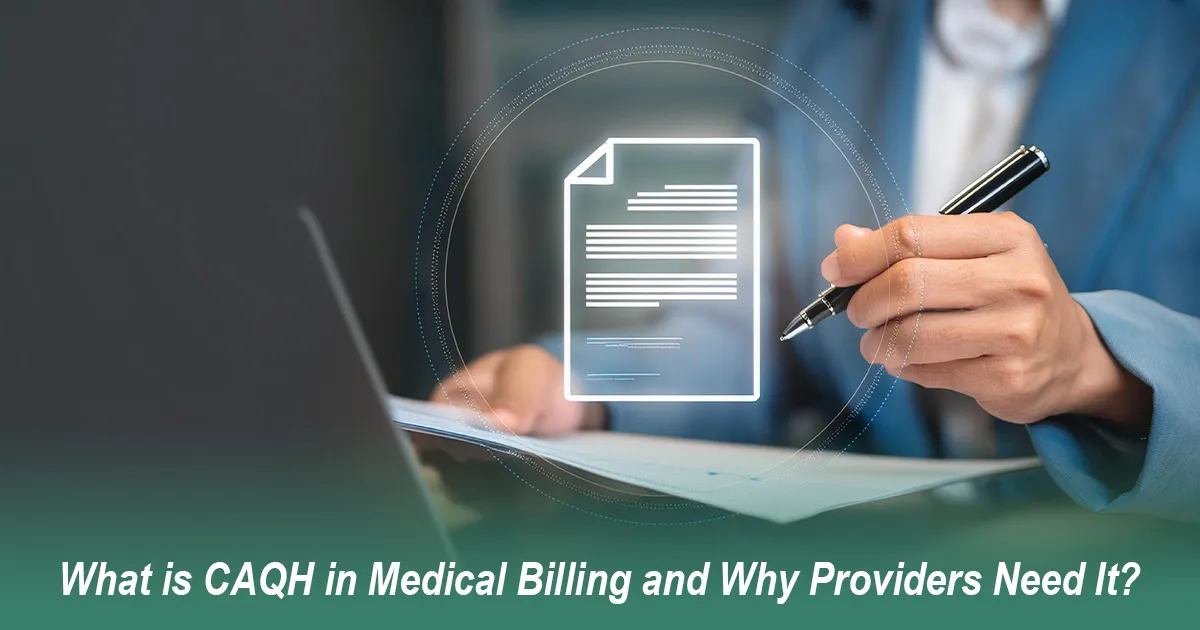
Posted Date: Aug 29, 2025
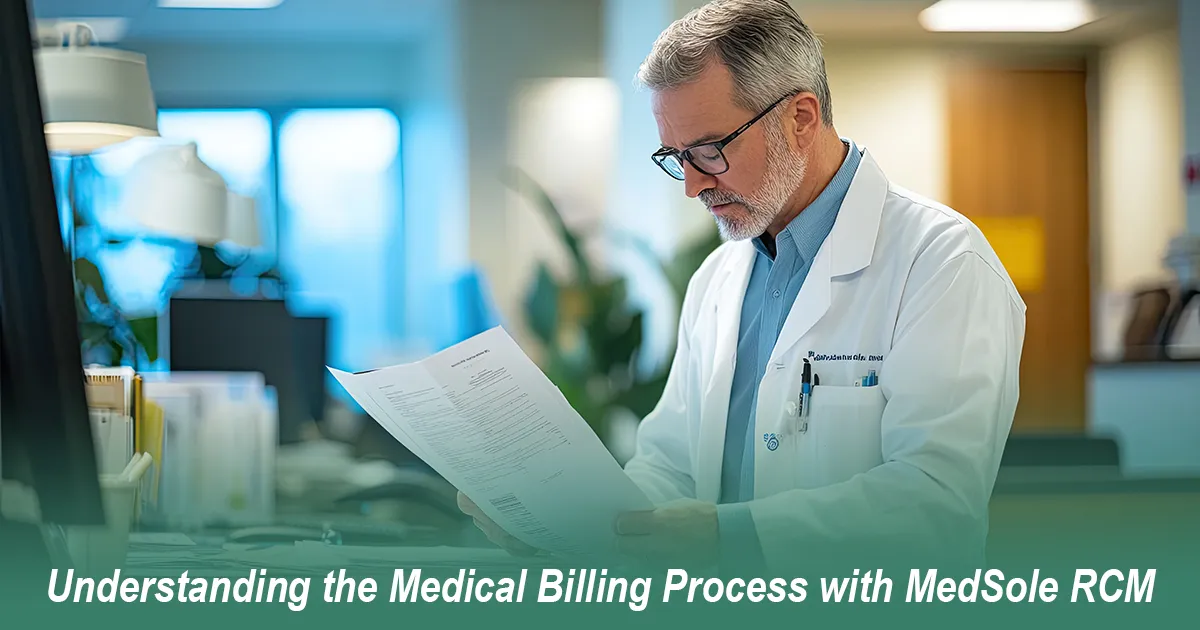
Posted Date: Sep 03, 2025
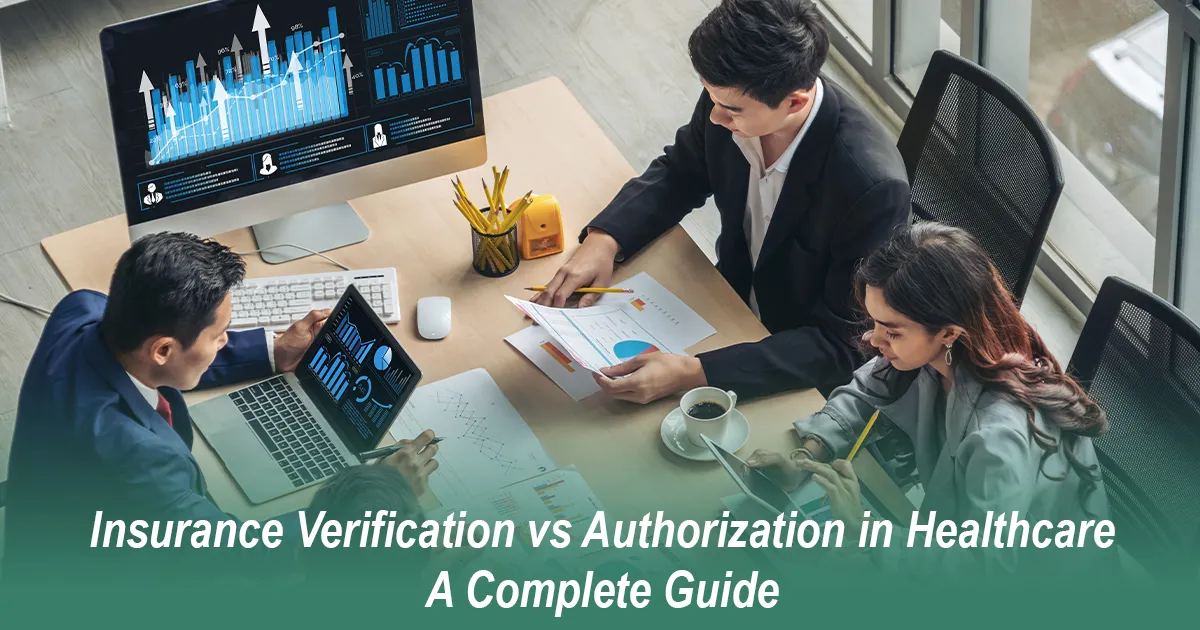
Posted Date: Sep 05, 2025

Posted Date: Sep 08, 2025

Posted Date: Sep 15, 2025
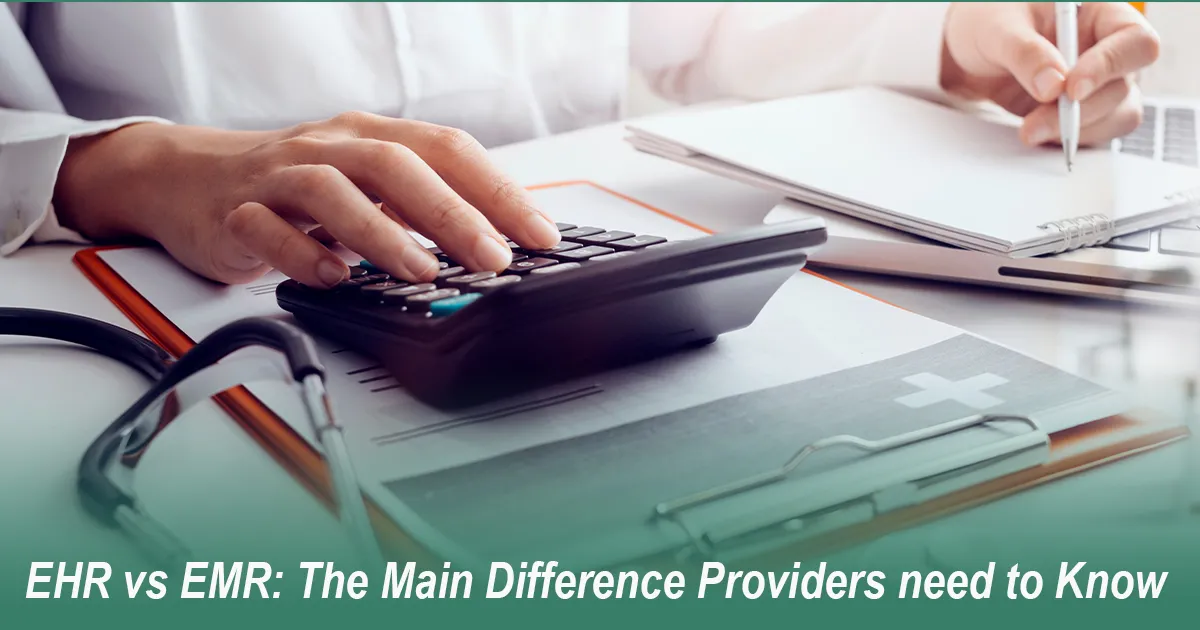
Posted Date: Sep 18, 2025

Posted Date: Sep 22, 2025

Posted Date: Sep 24, 2025

Posted Date: Sep 26, 2025
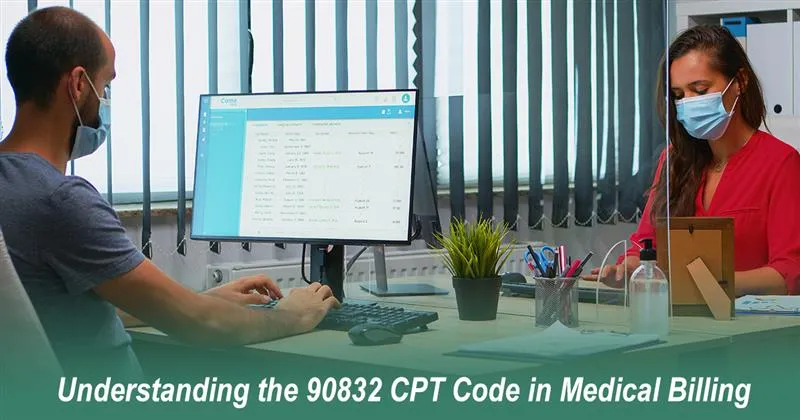
Posted Date: Sep 29, 2025

Posted Date: Oct 02, 2025
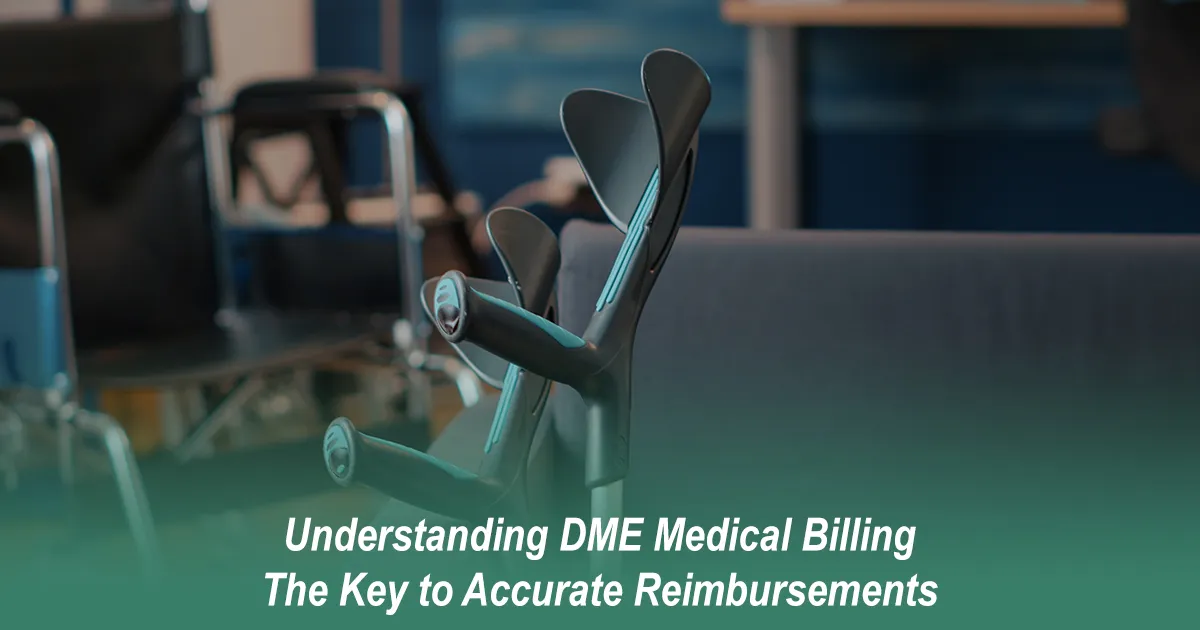
Posted Date: Oct 13, 2025

Posted Date: Oct 16, 2025
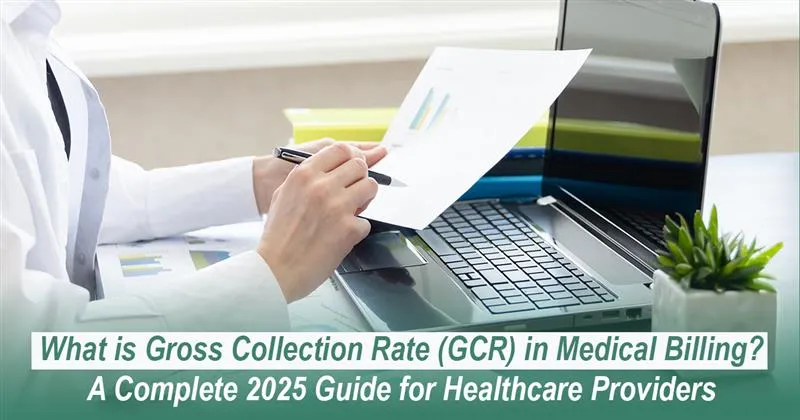
Posted Date: Oct 23, 2025
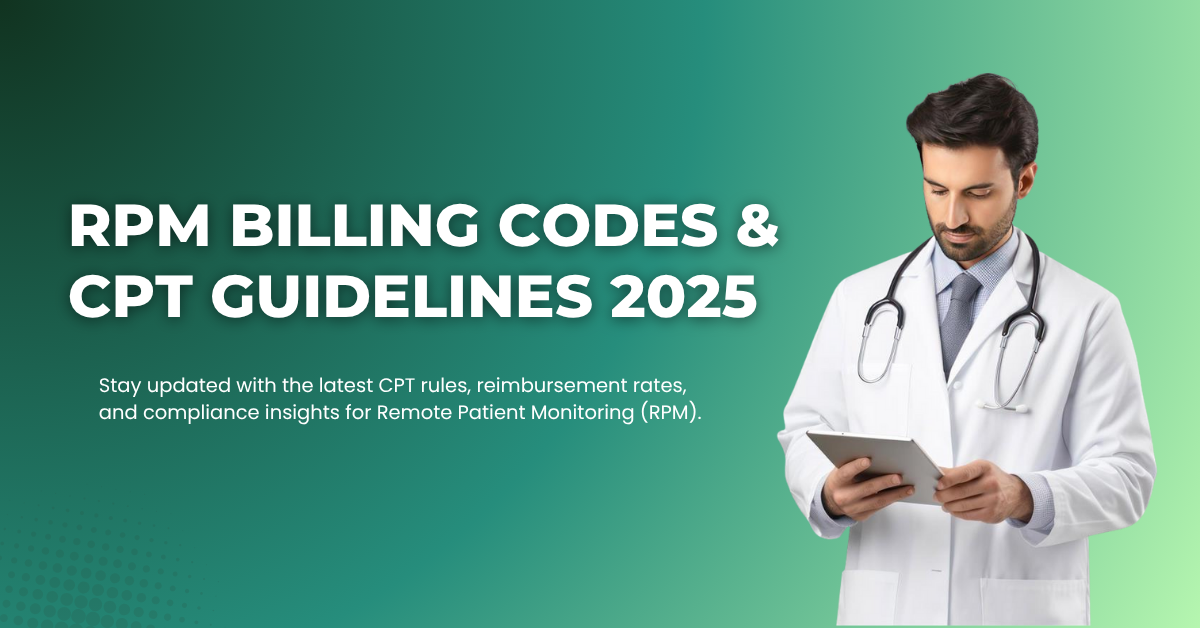
Posted Date: Oct 27, 2025

Posted Date: Oct 28, 2025
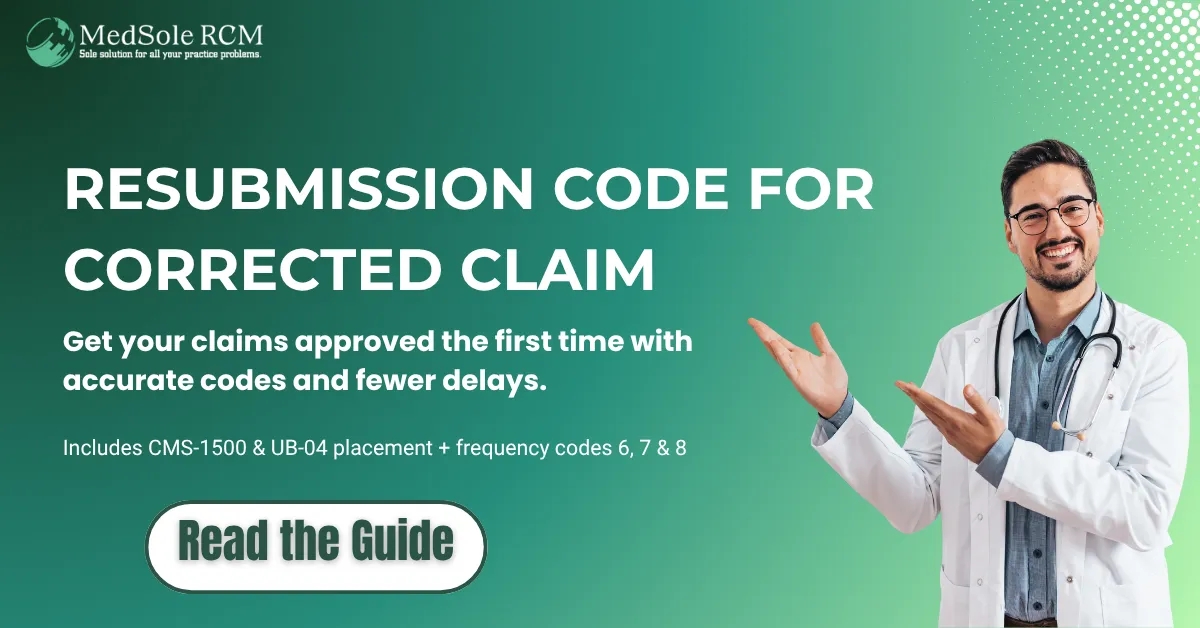
Posted Date: Oct 30, 2025
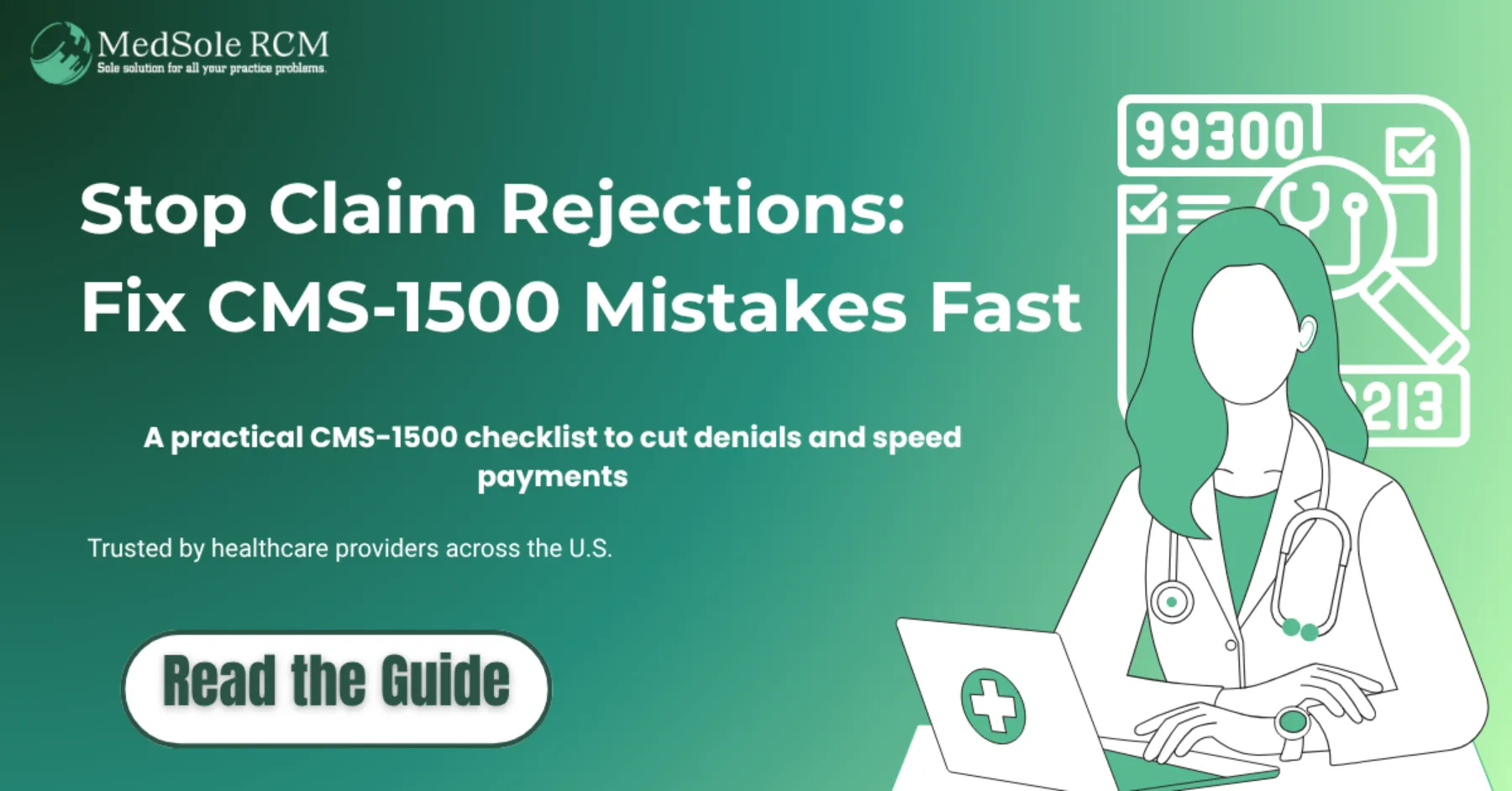
Posted Date: Oct 31, 2025
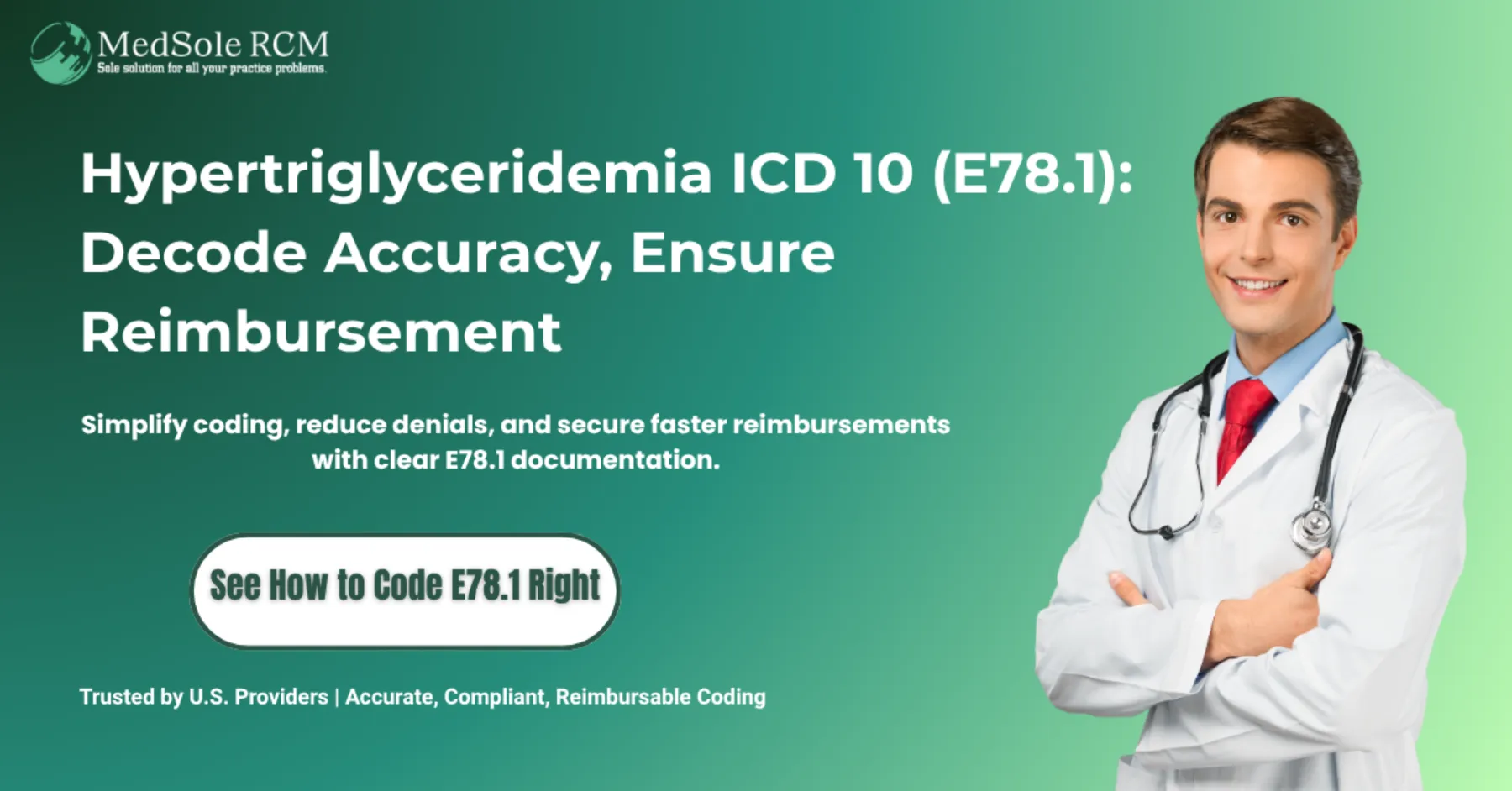
Posted Date: Nov 03, 2025
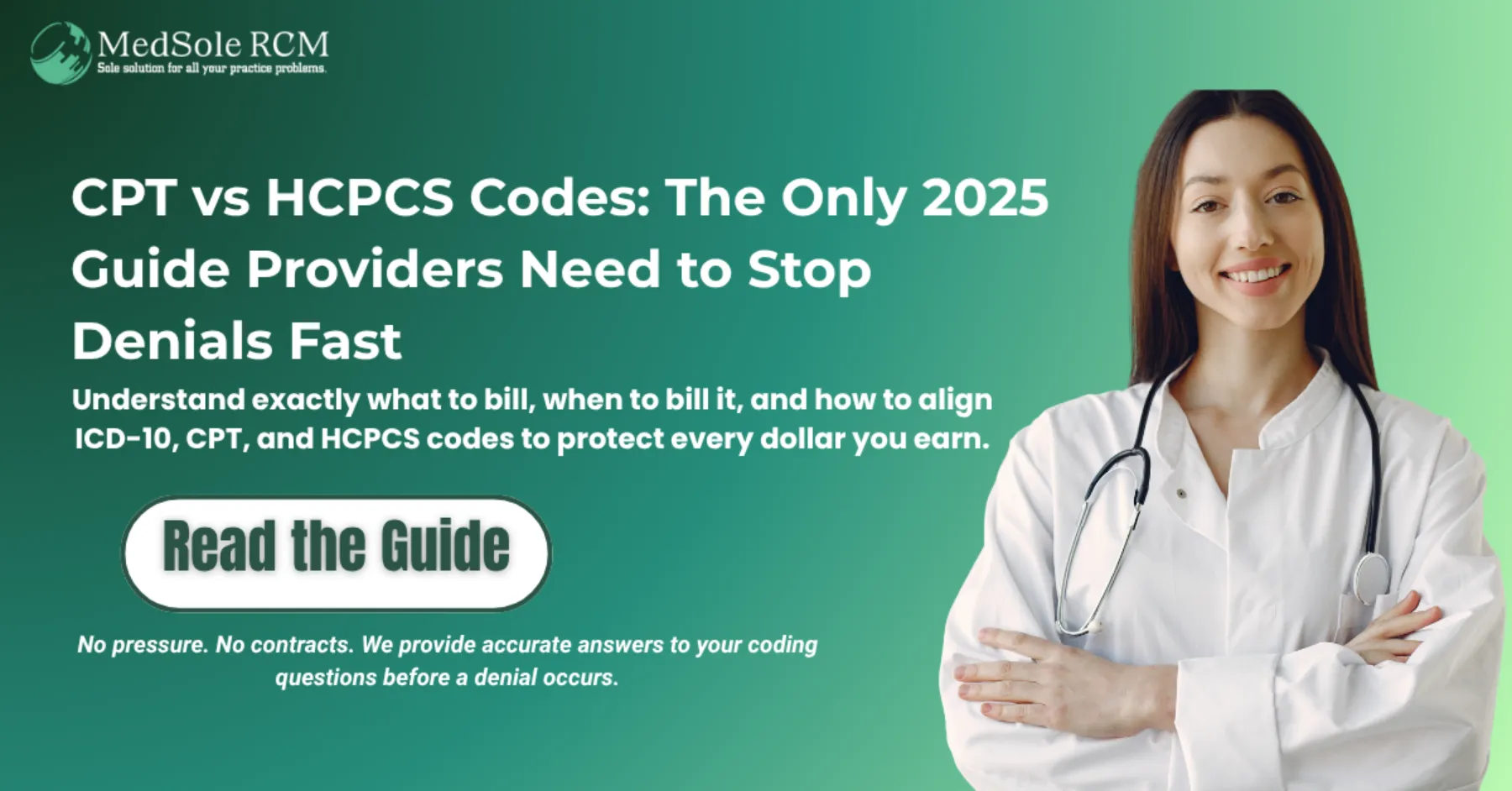
Posted Date: Nov 05, 2025
_11zon.webp)
Posted Date: Nov 11, 2025
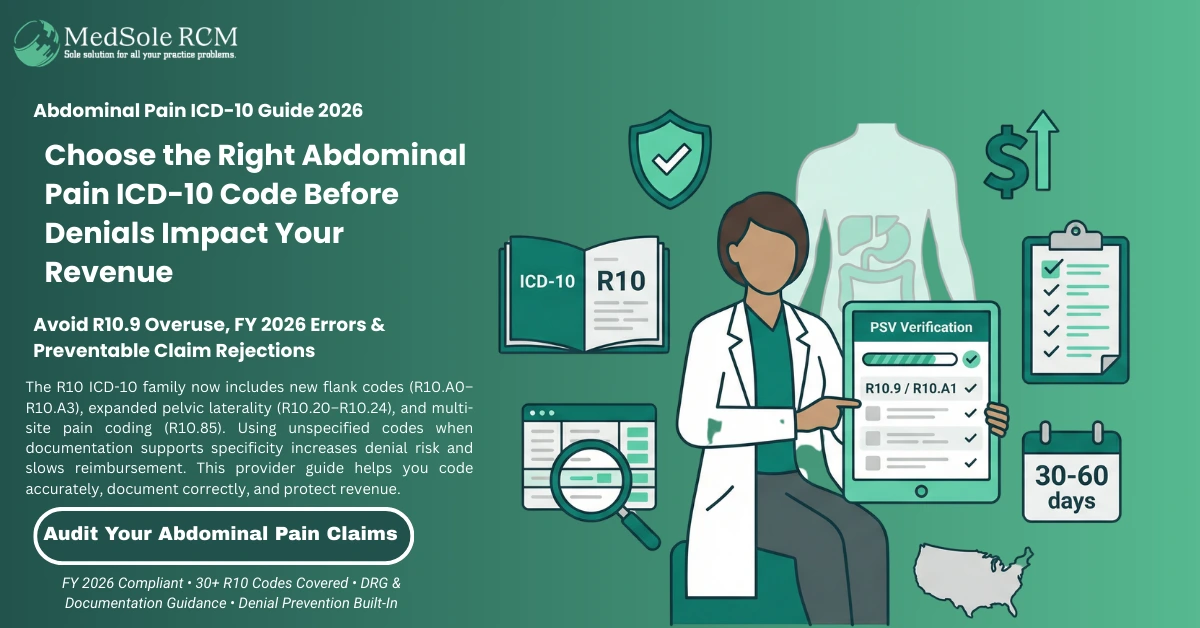
Posted Date: Nov 14, 2025

Posted Date: Jan 05, 2026
.png)
Posted Date: Jan 02, 2026
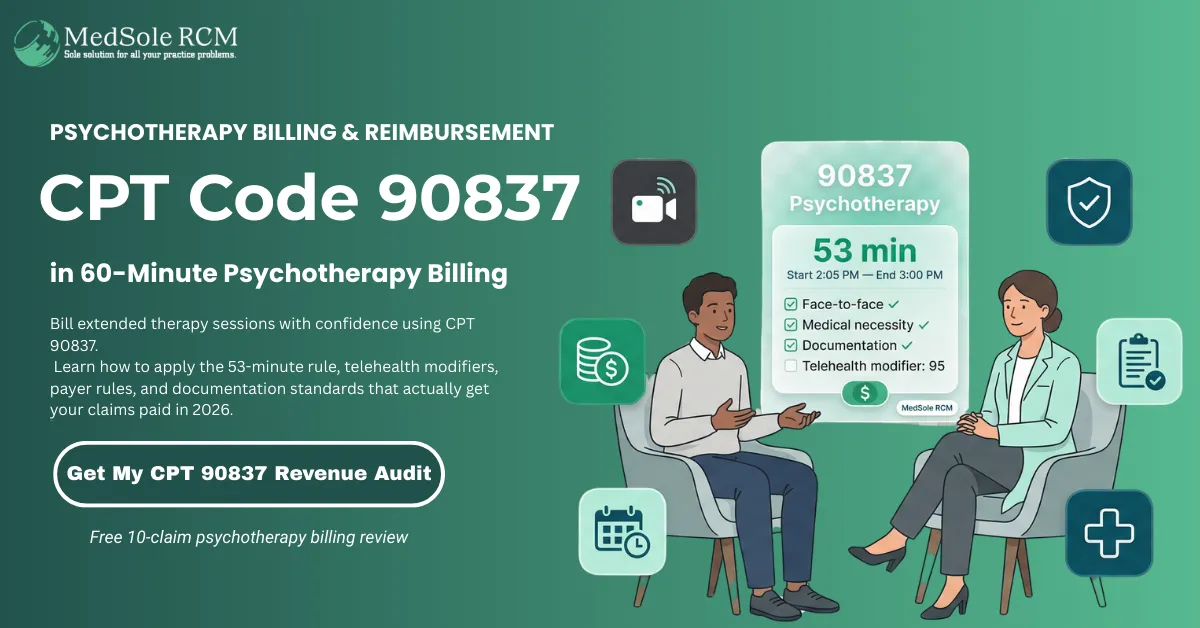
Posted Date: Jan 06, 2026
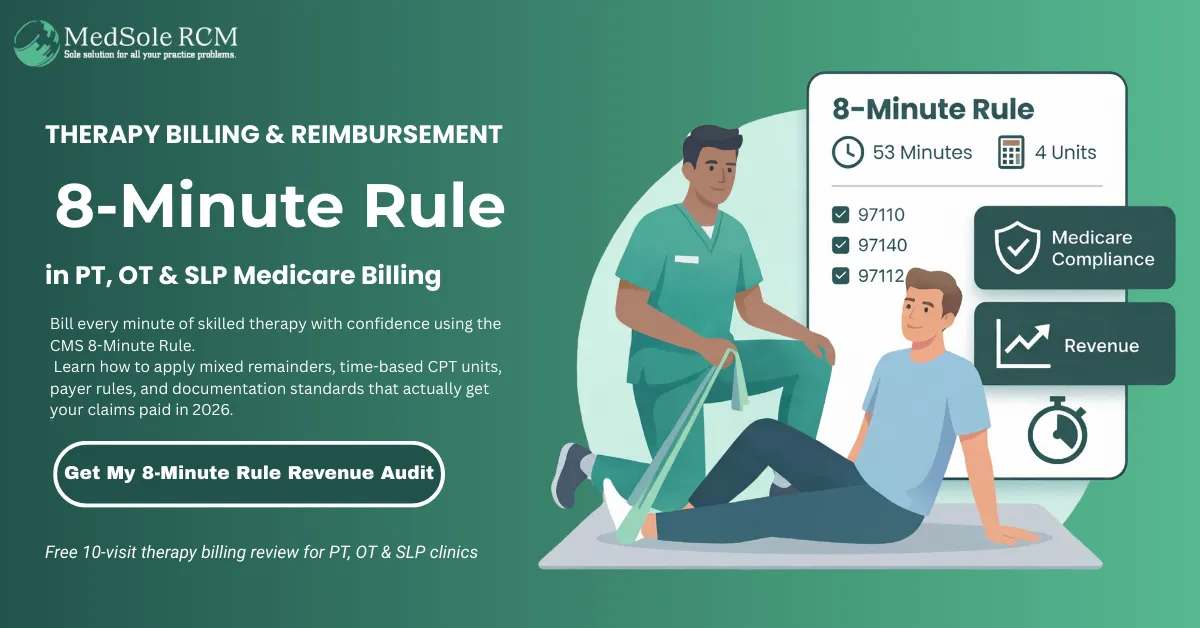
Posted Date: Jan 07, 2026
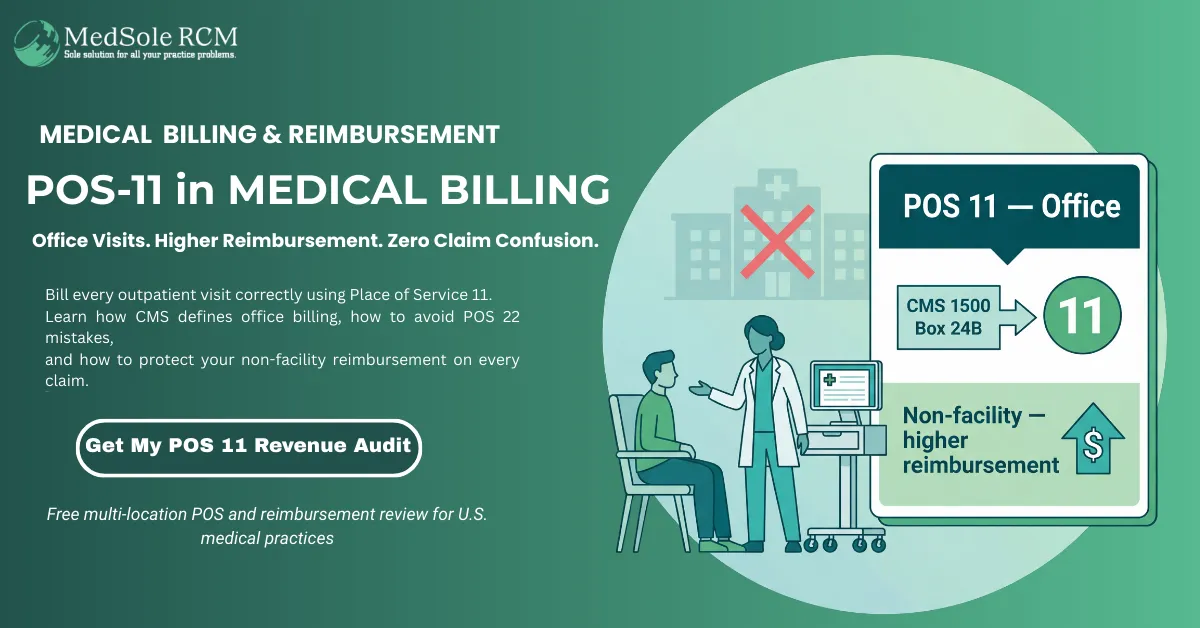
Posted Date: Jan 08, 2026
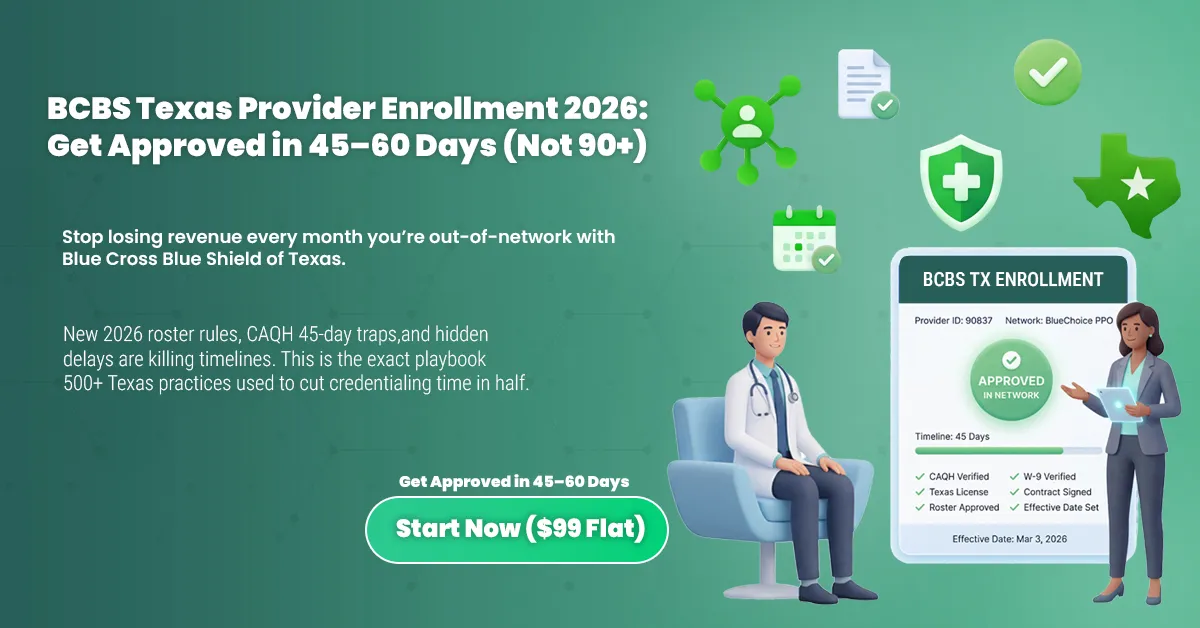
Posted Date: Jan 15, 2026
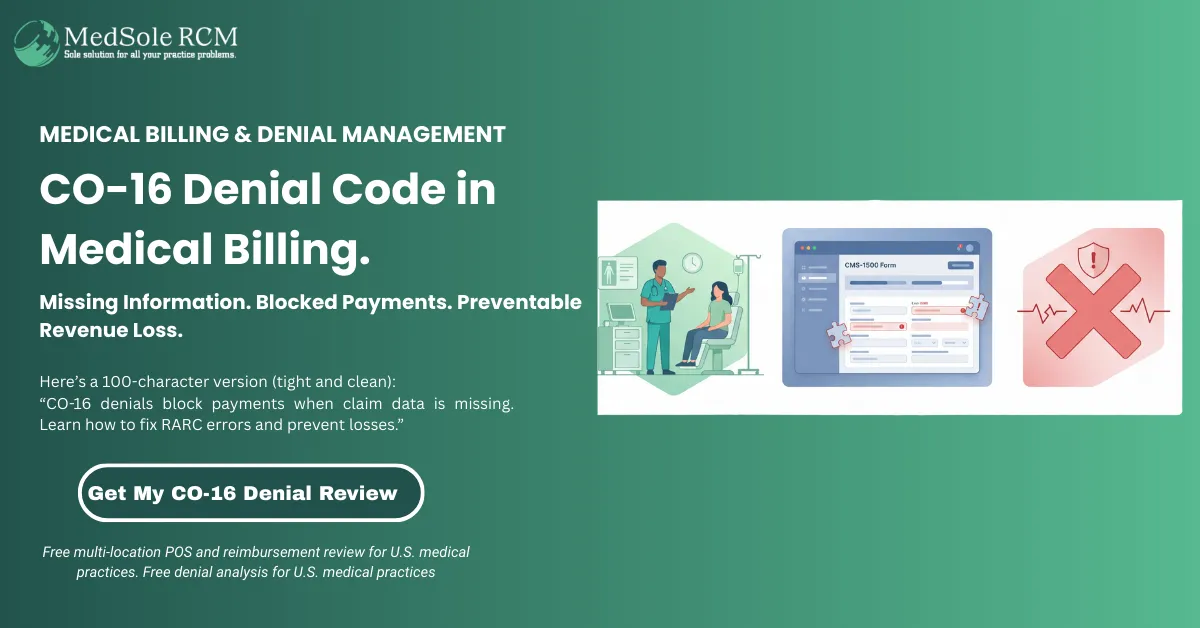
Posted Date: Jan 13, 2026
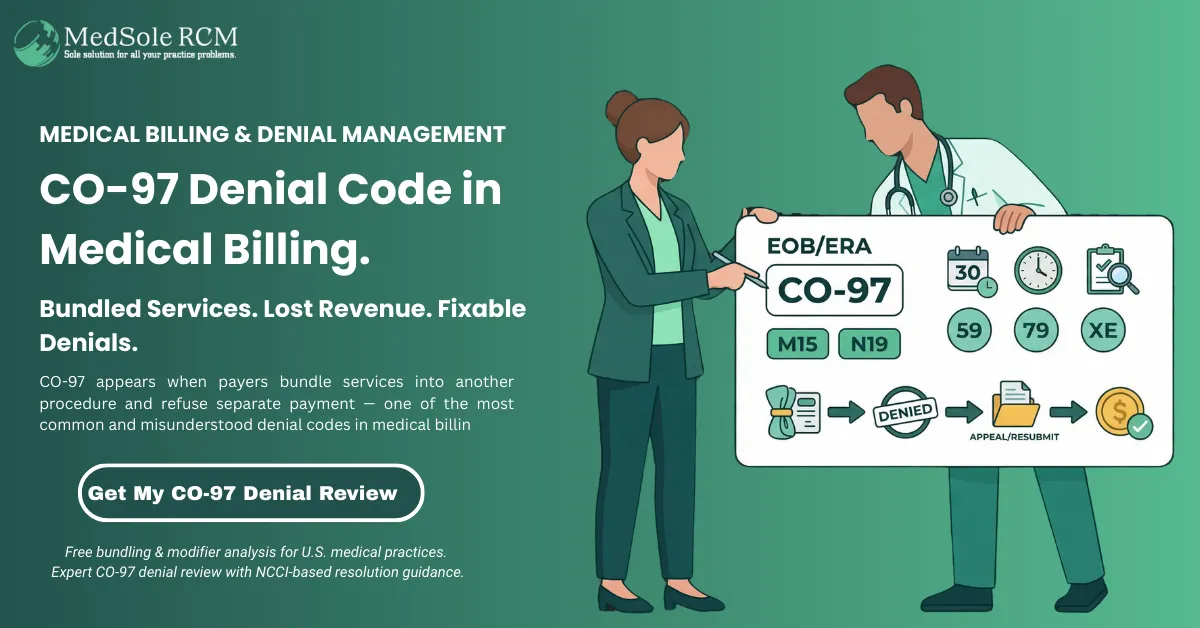
Posted Date: Jan 21, 2026
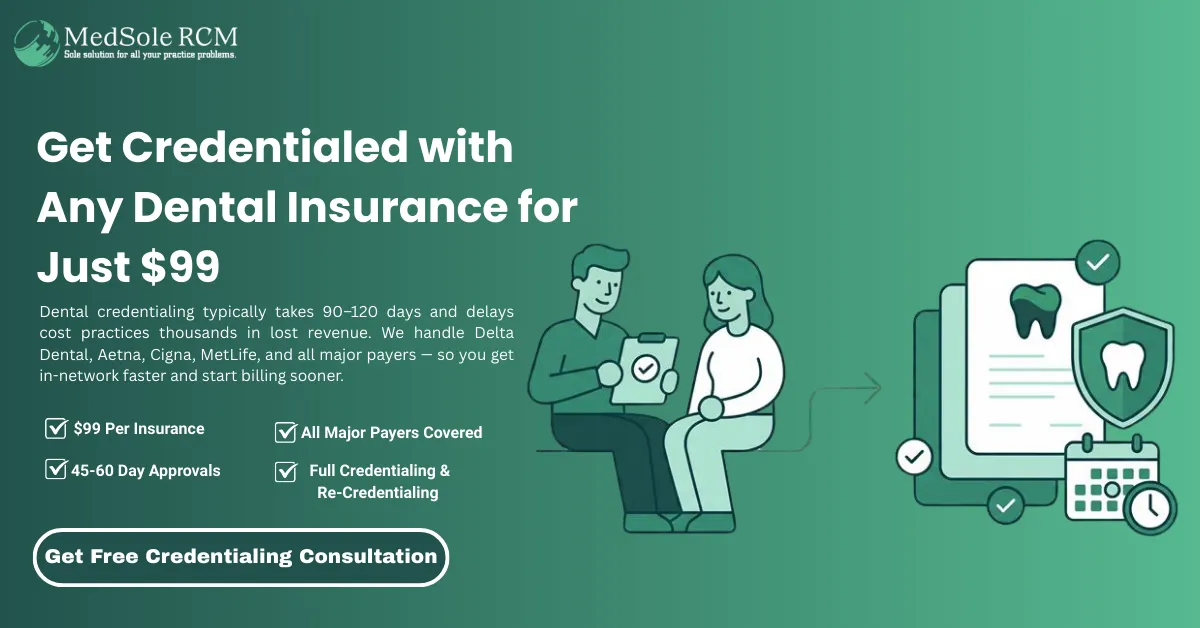
Posted Date: Jan 22, 2026
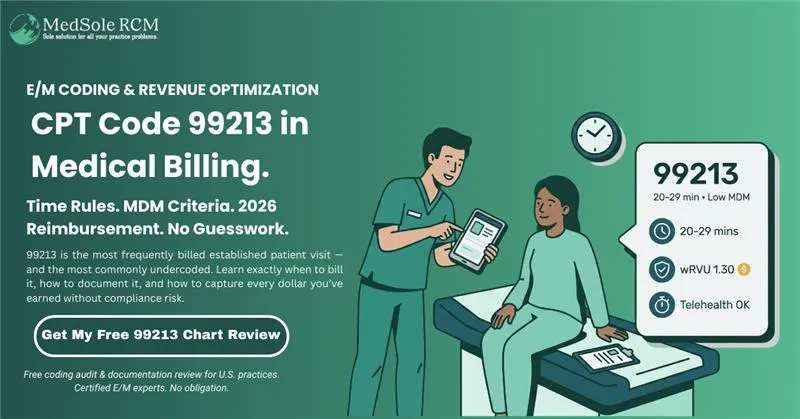
Posted Date: Jan 26, 2026
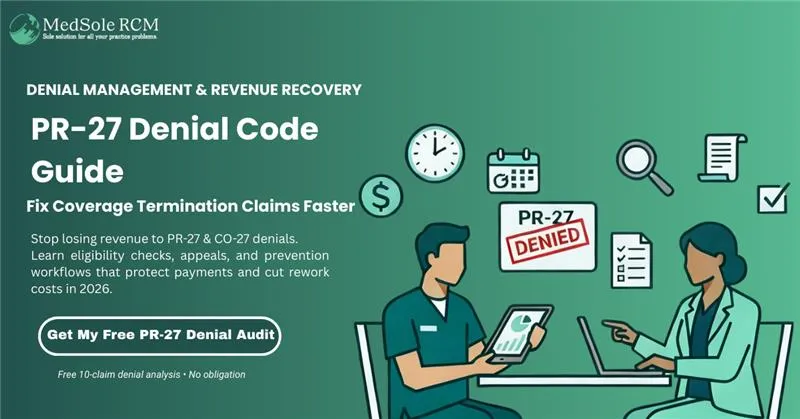
Posted Date: Jan 27, 2026
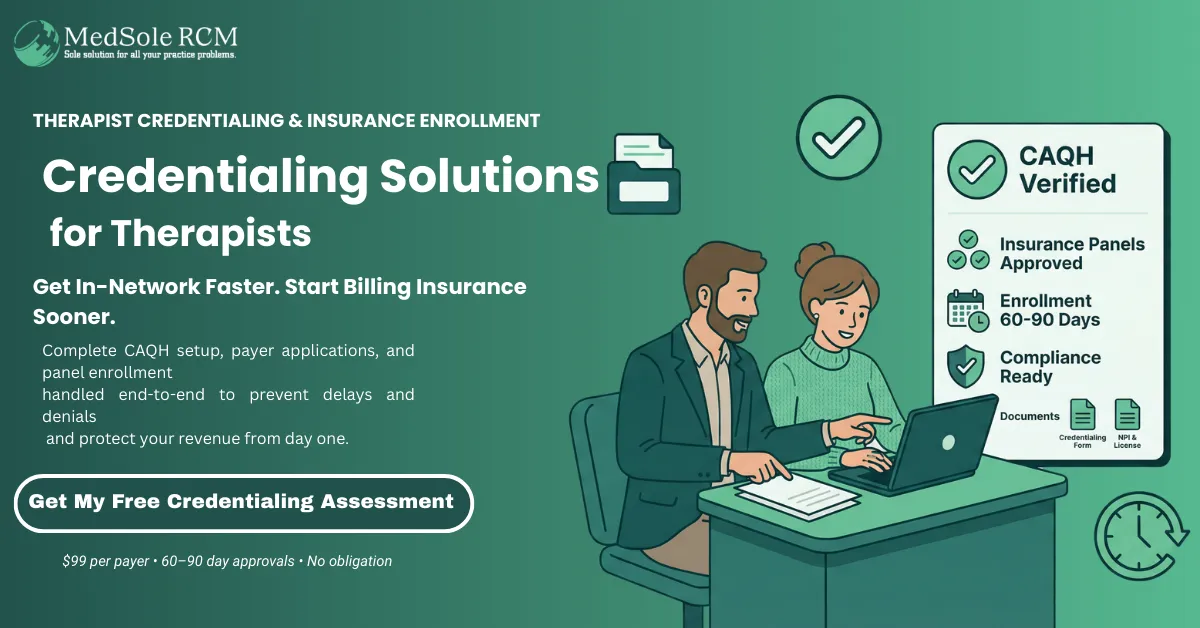
Posted Date: Jan 28, 2026
_11zon.webp)
Posted Date: Jan 29, 2026
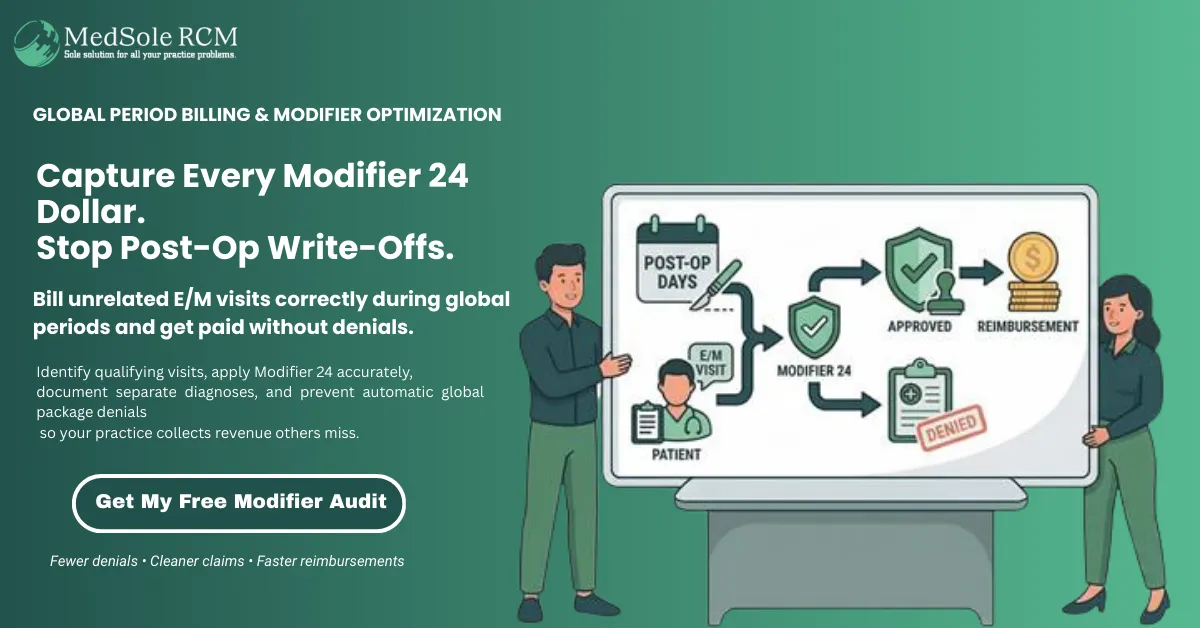
Posted Date: Jan 30, 2026
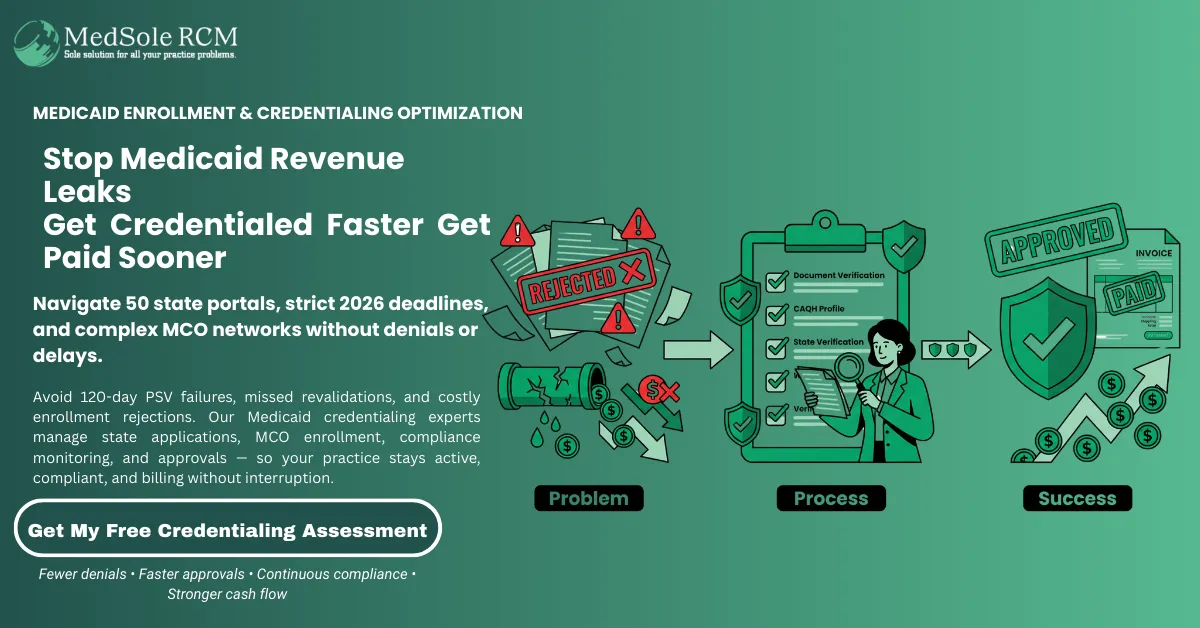
Posted Date: Feb 02, 2026
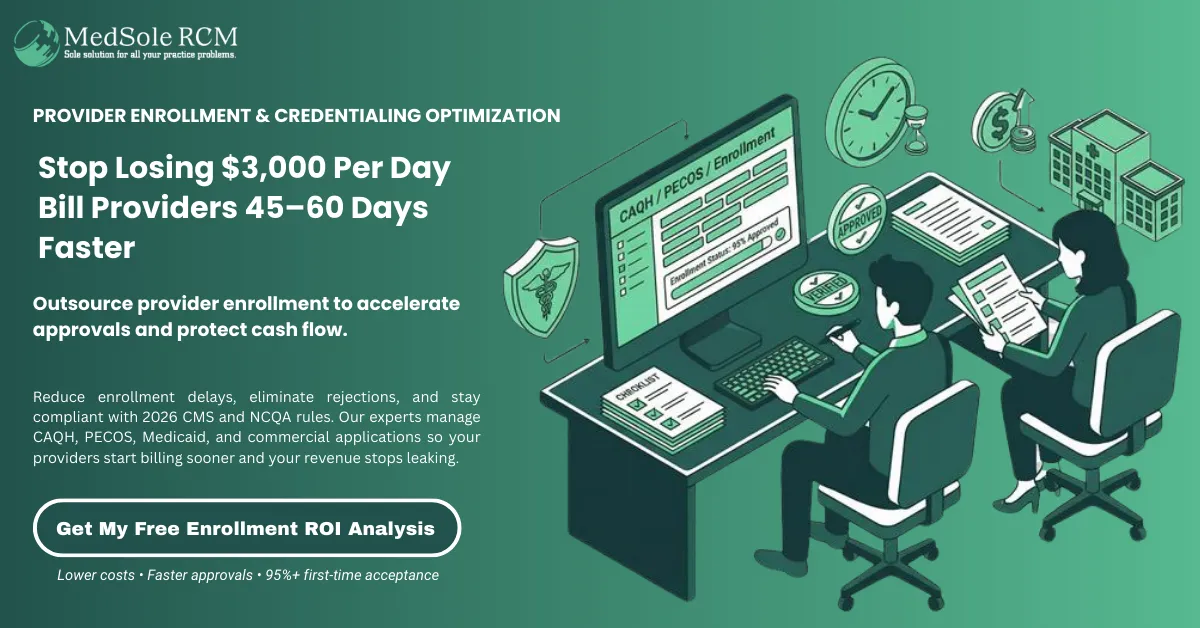
Posted Date: Feb 03, 2026
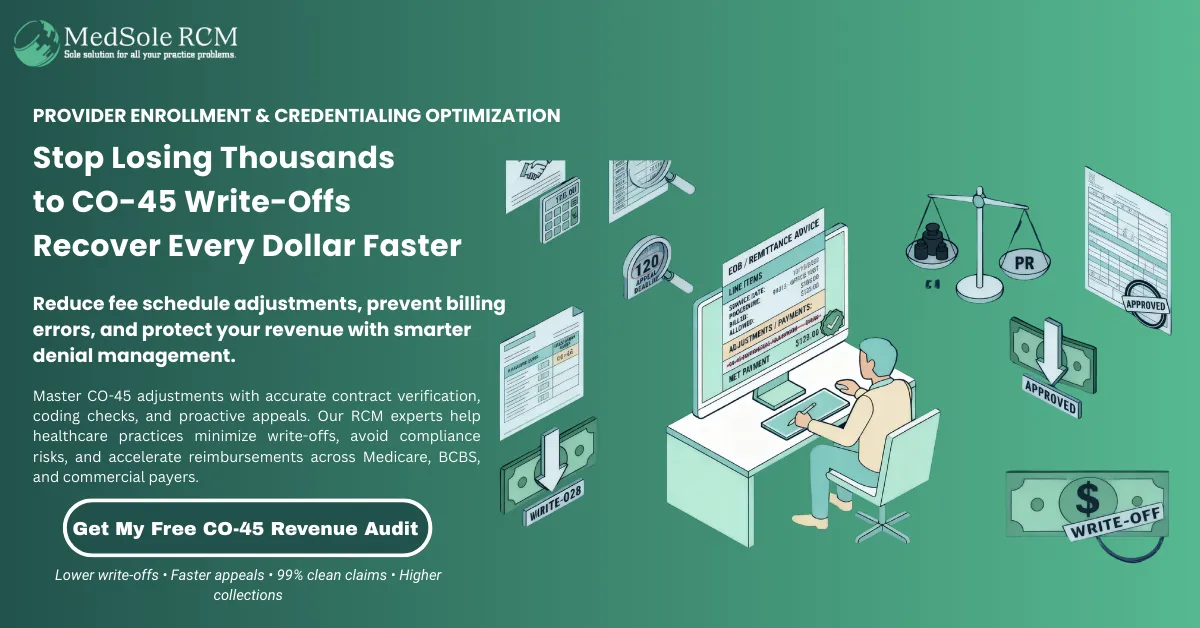
Posted Date: Feb 04, 2026
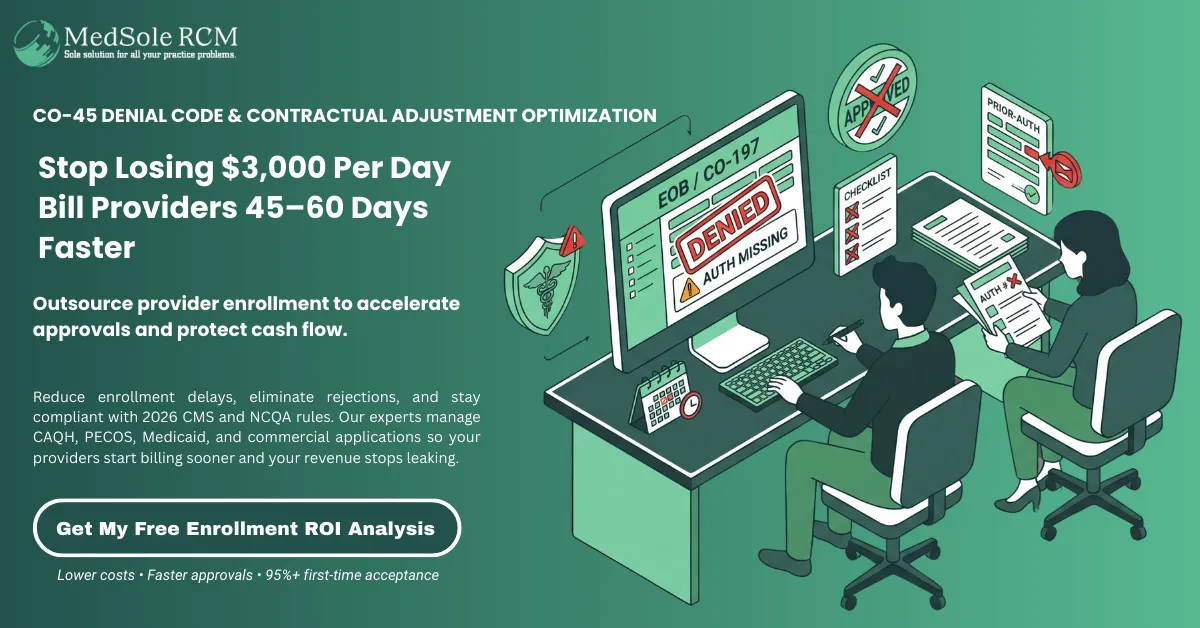
Posted Date: Feb 05, 2026
_11zon.webp)
Posted Date: Feb 06, 2026
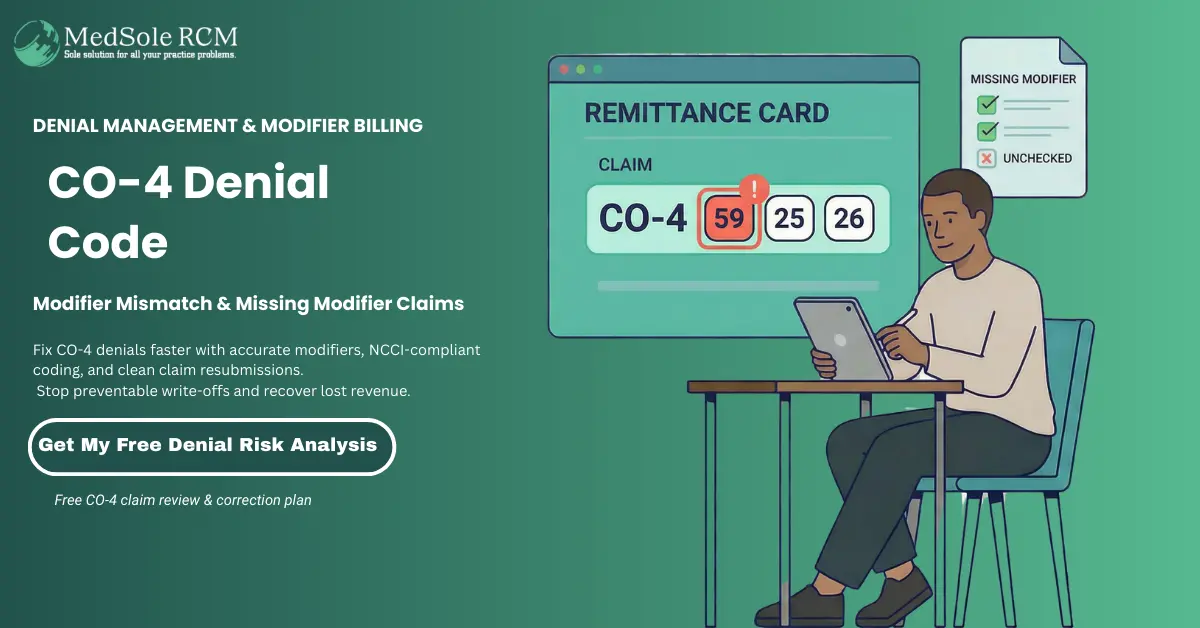
Posted Date: Feb 09, 2026
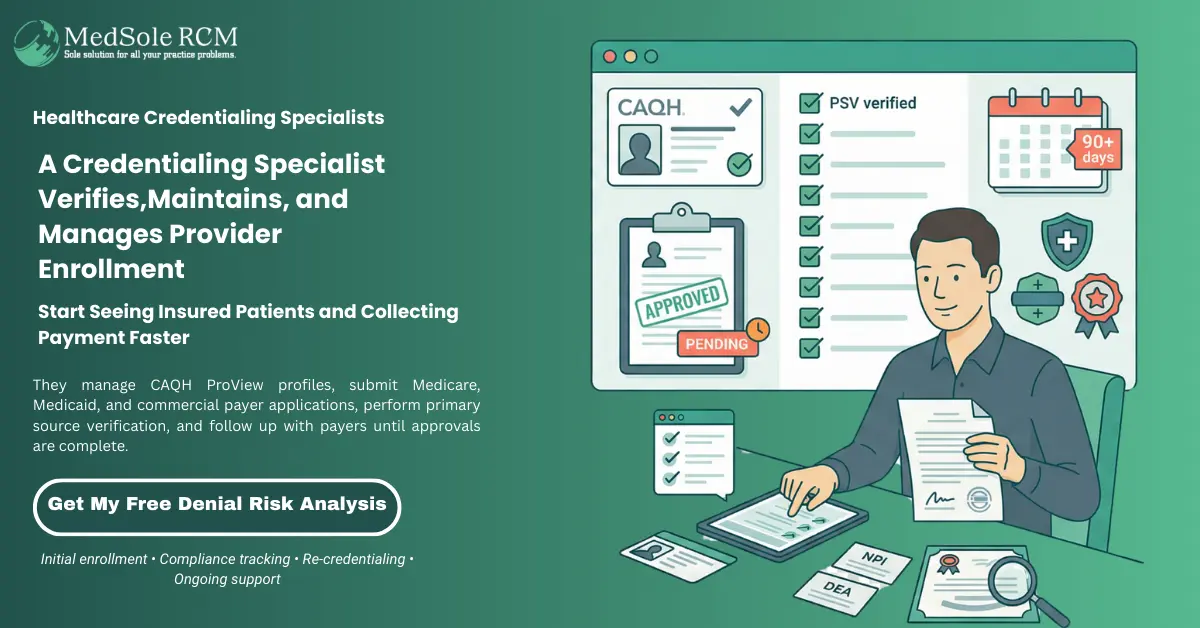
Posted Date: Feb 10, 2026
_11zon.webp)
Posted Date: Feb 11, 2026
.webp)
Posted Date: Feb 12, 2026
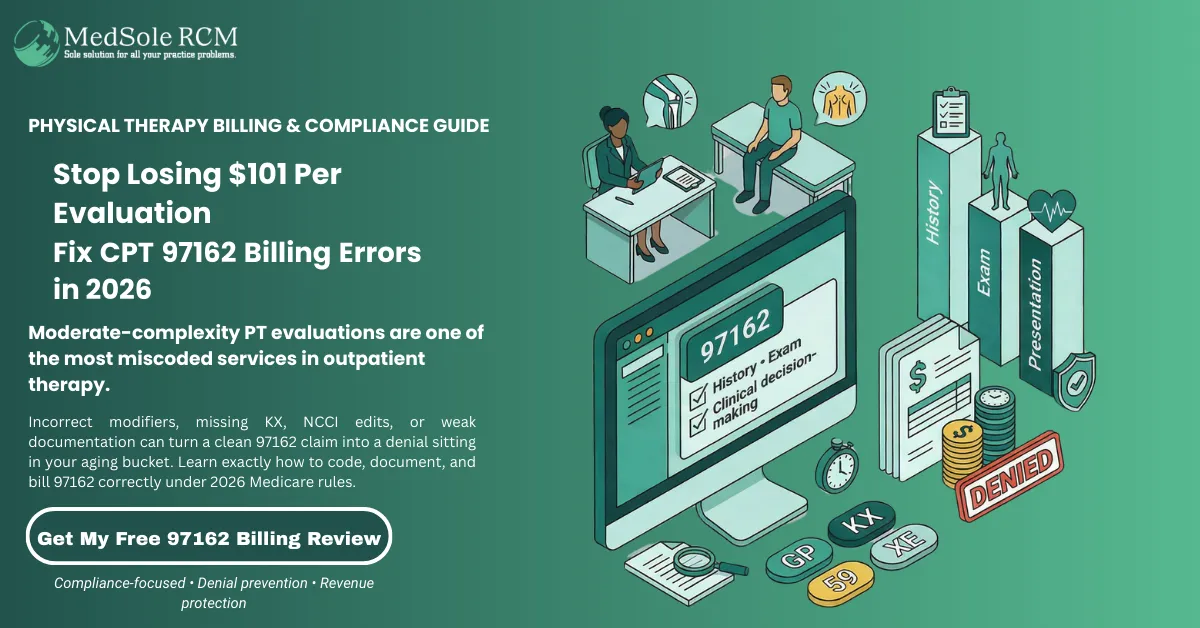
Posted Date: Feb 13, 2026
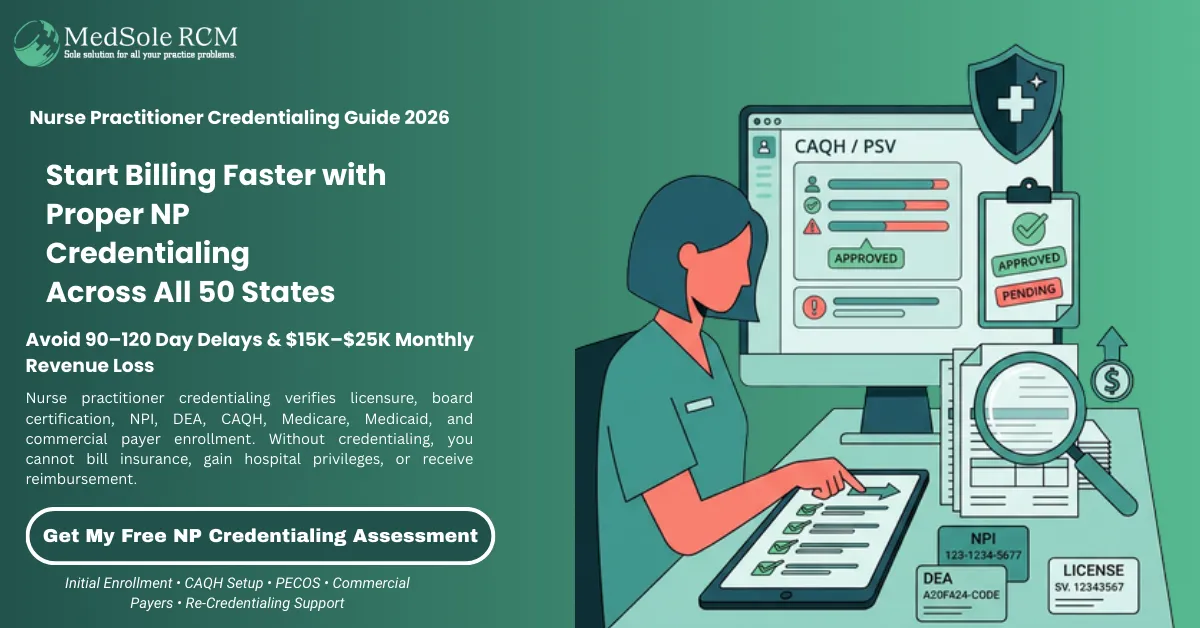
Posted Date: Feb 17, 2026
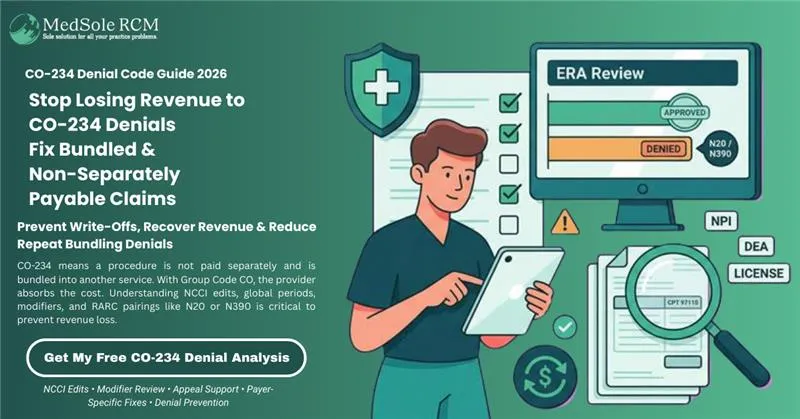
Posted Date: Feb 18, 2026
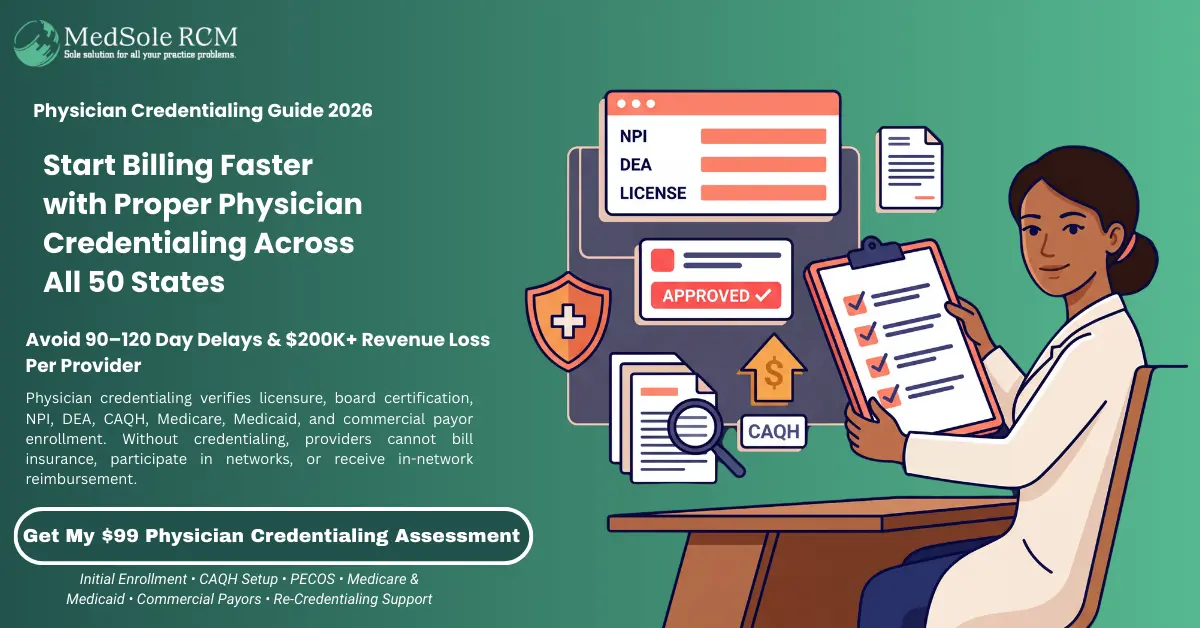
Posted Date: Feb 19, 2026
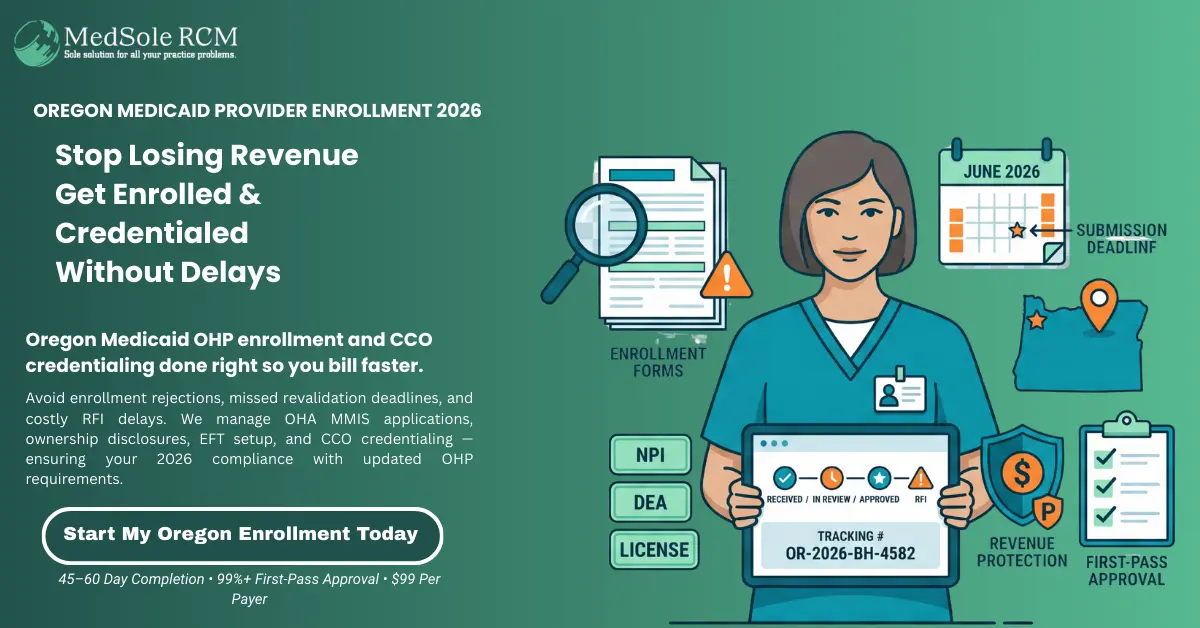
Posted Date: Feb 20, 2026
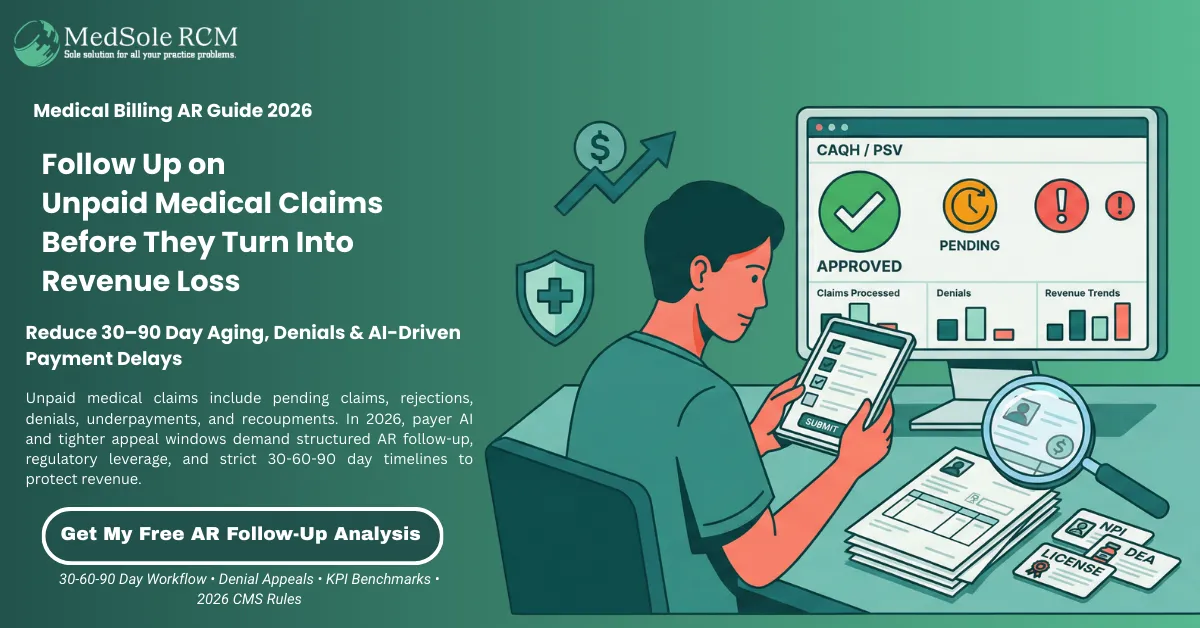
Posted Date: Feb 23, 2026
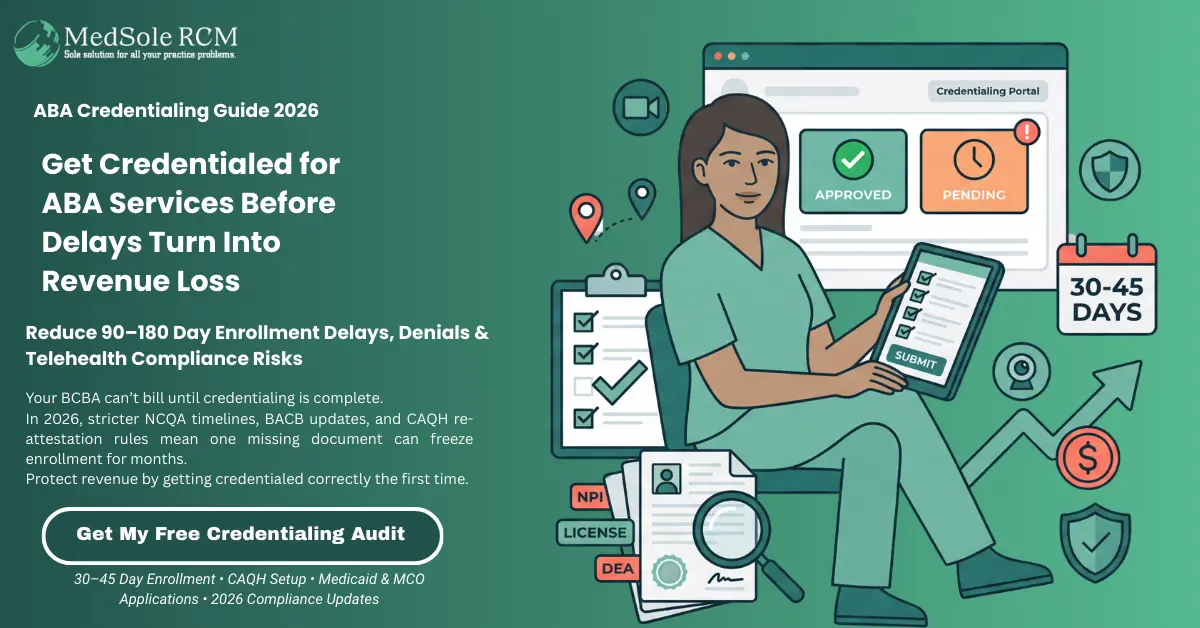
Posted Date: Feb 25, 2026
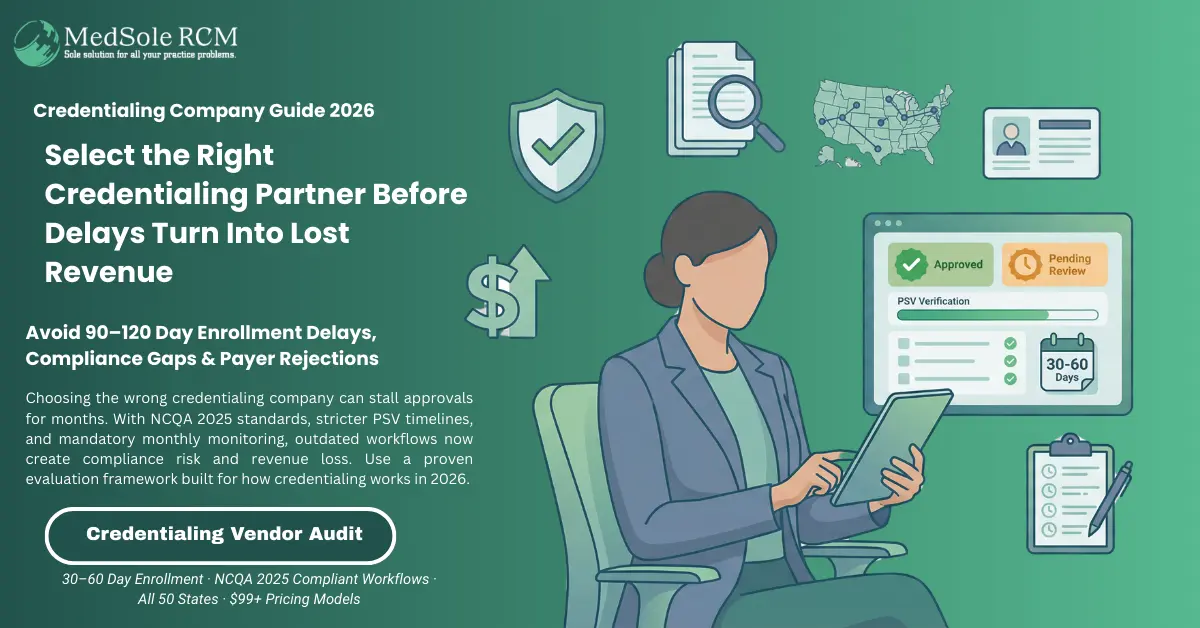
Posted Date: Feb 26, 2026